Turning a blind
eye for trophies:
How Saudi princes and Russian oligarchs have impacted the English game

The takeover of Newcastle United in October 2021 has split opinion like no other takeover in football before. Saudi Arabia’s Public Investment Fund (P.I.F), which led the buyout, boasts a net worth of over £300 billion, dwarfing the financial firepower of any other team’s ownership. The news of the £300 million deal was met with jubilation among the club’s fans, leaving them dreaming of big-name signings and trophies after decades of under-achievement.
Despite signing “legally binding assurances” to guarantee no involvement by the Saudi state in the running of the club, many opposition fans and humanitarian groups were infuriated by the Premier League’s decision to allow the takeover in the first place.
Saudi Arabia has one of the world’s worst human rights records and its Crown Prince, Mohammed bin Salman, was complicit in the assassination of journalist Jamal Khashoggi, according to a U.S. intelligence report. The Saudi government has denied any involvement by the Crown Prince.
This is coupled with other concerns that lie closer to home, with lower league clubs fearing for their survival due to the pressures such takeovers puts on English football.
Whilst the invasion of Ukraine by Russia this year has drawn more attention to the long history of so-called sports-washing in the game.
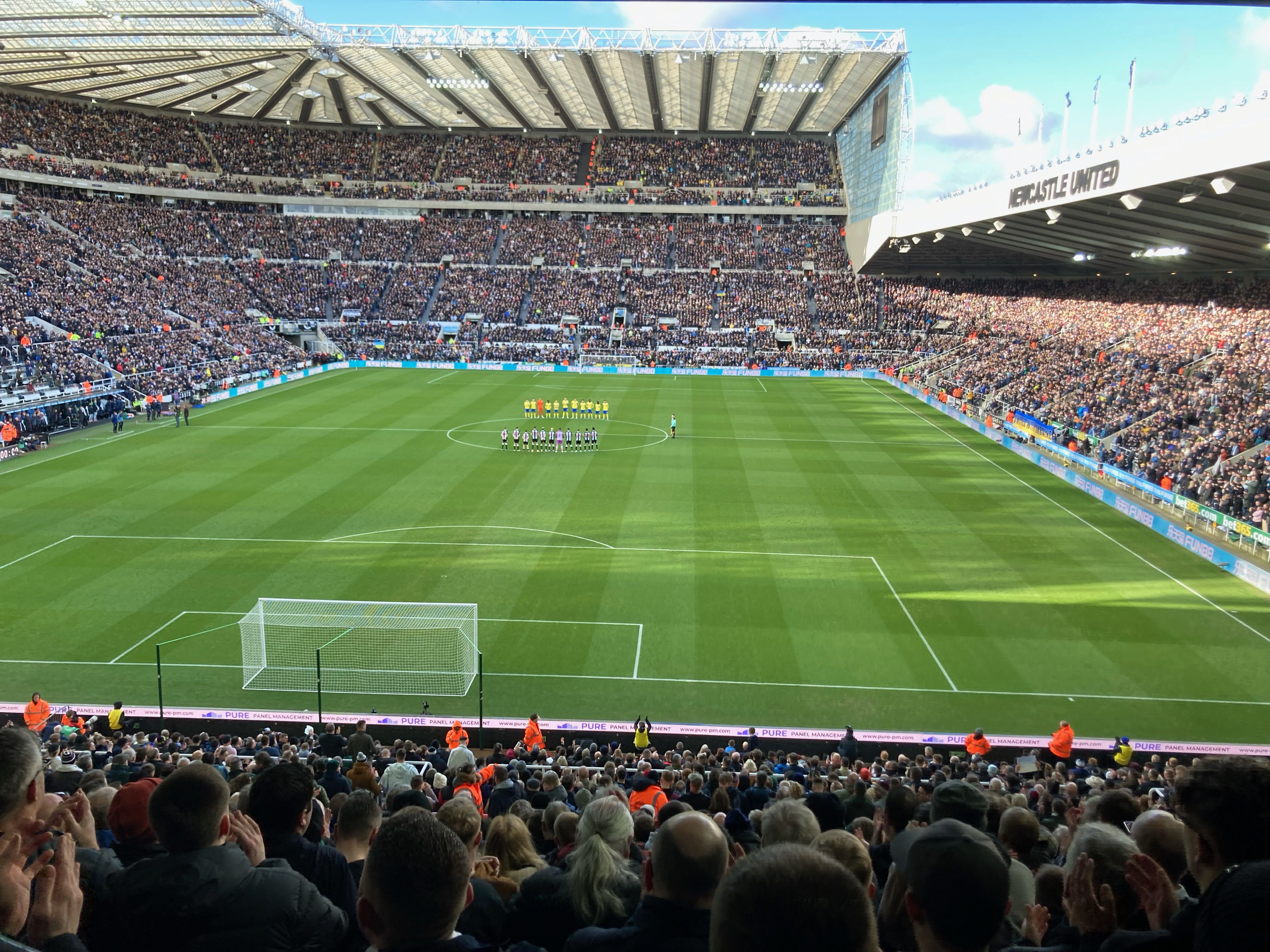
A Geordie's perspective
What the takeover means to the city and fans
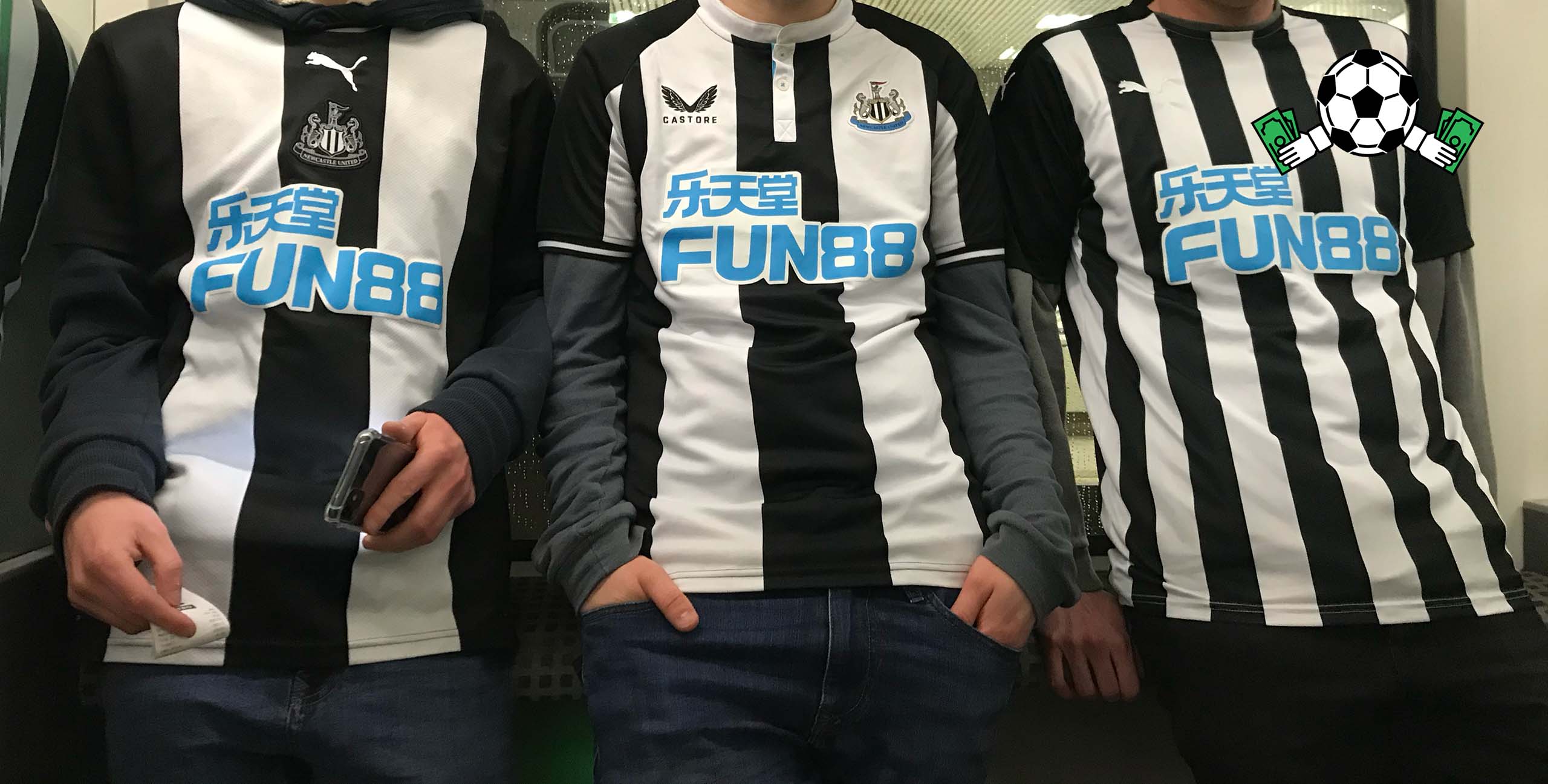
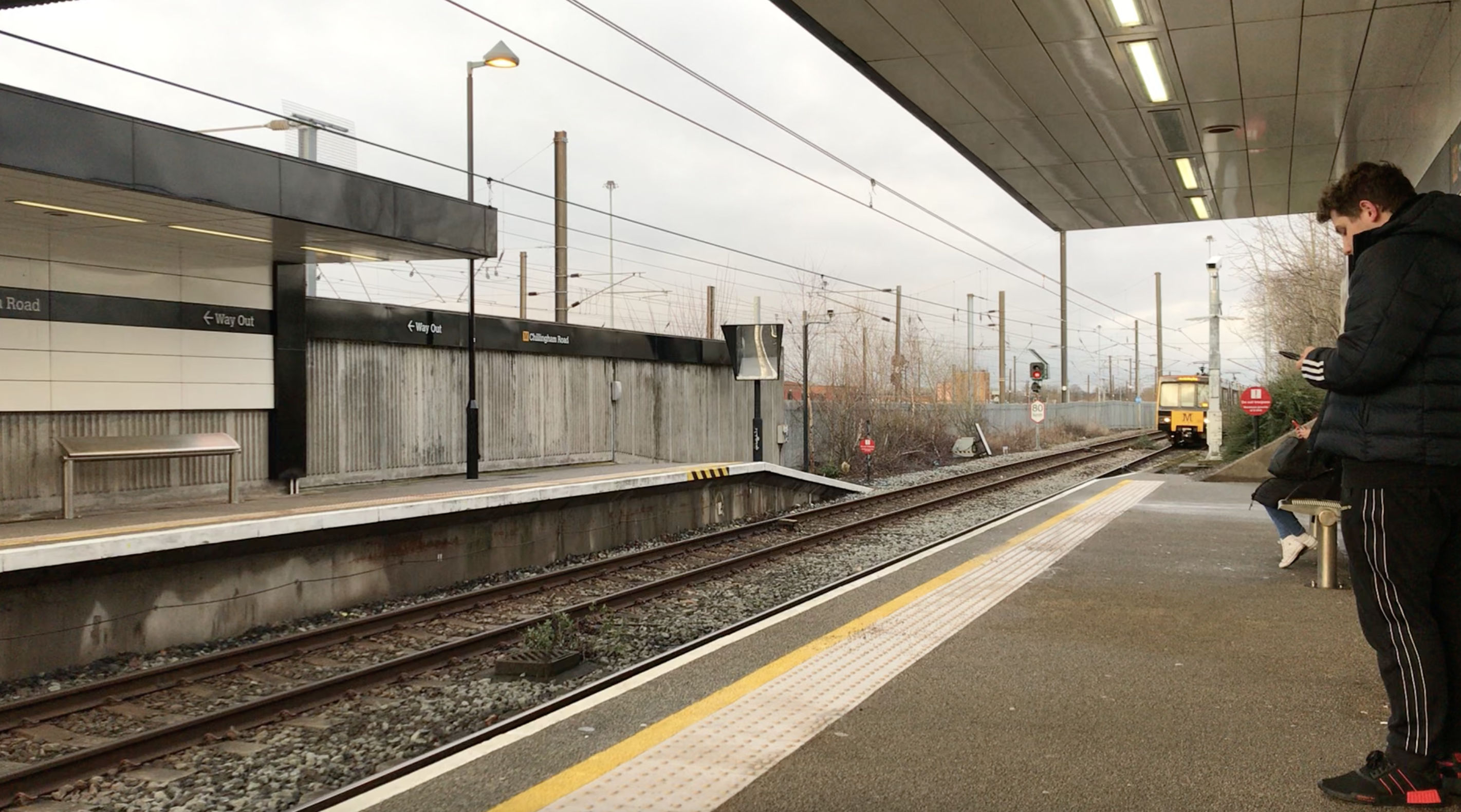
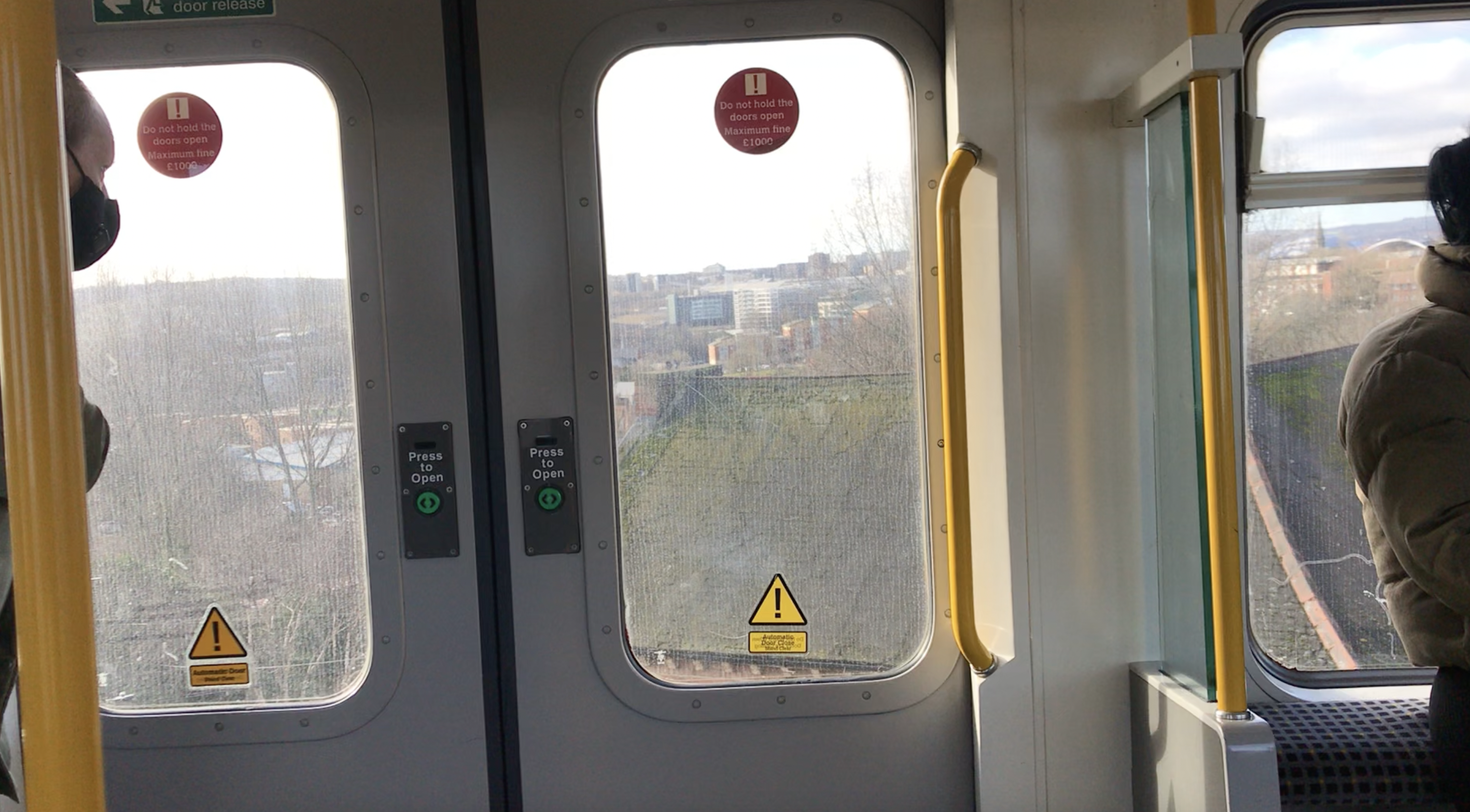
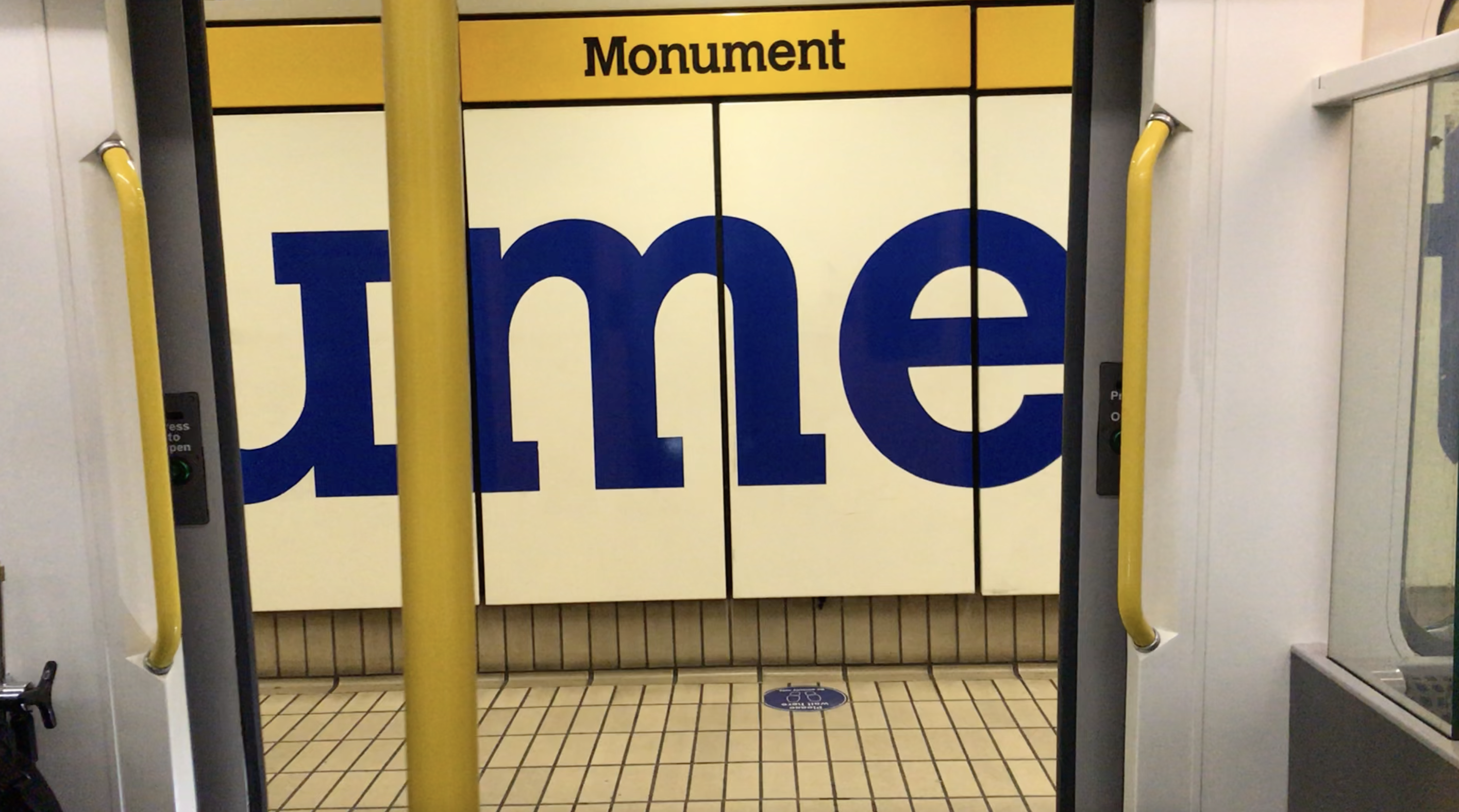
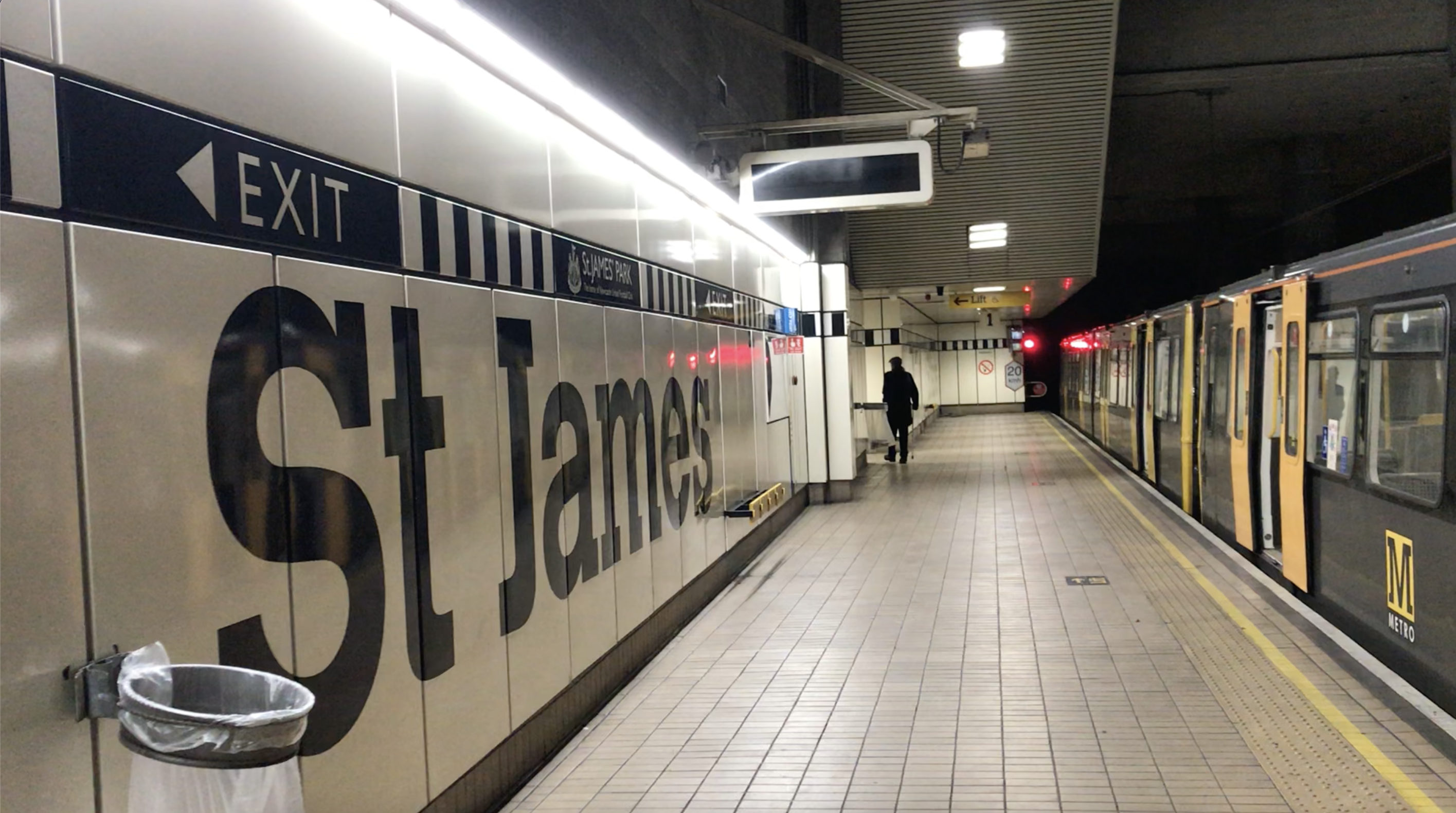
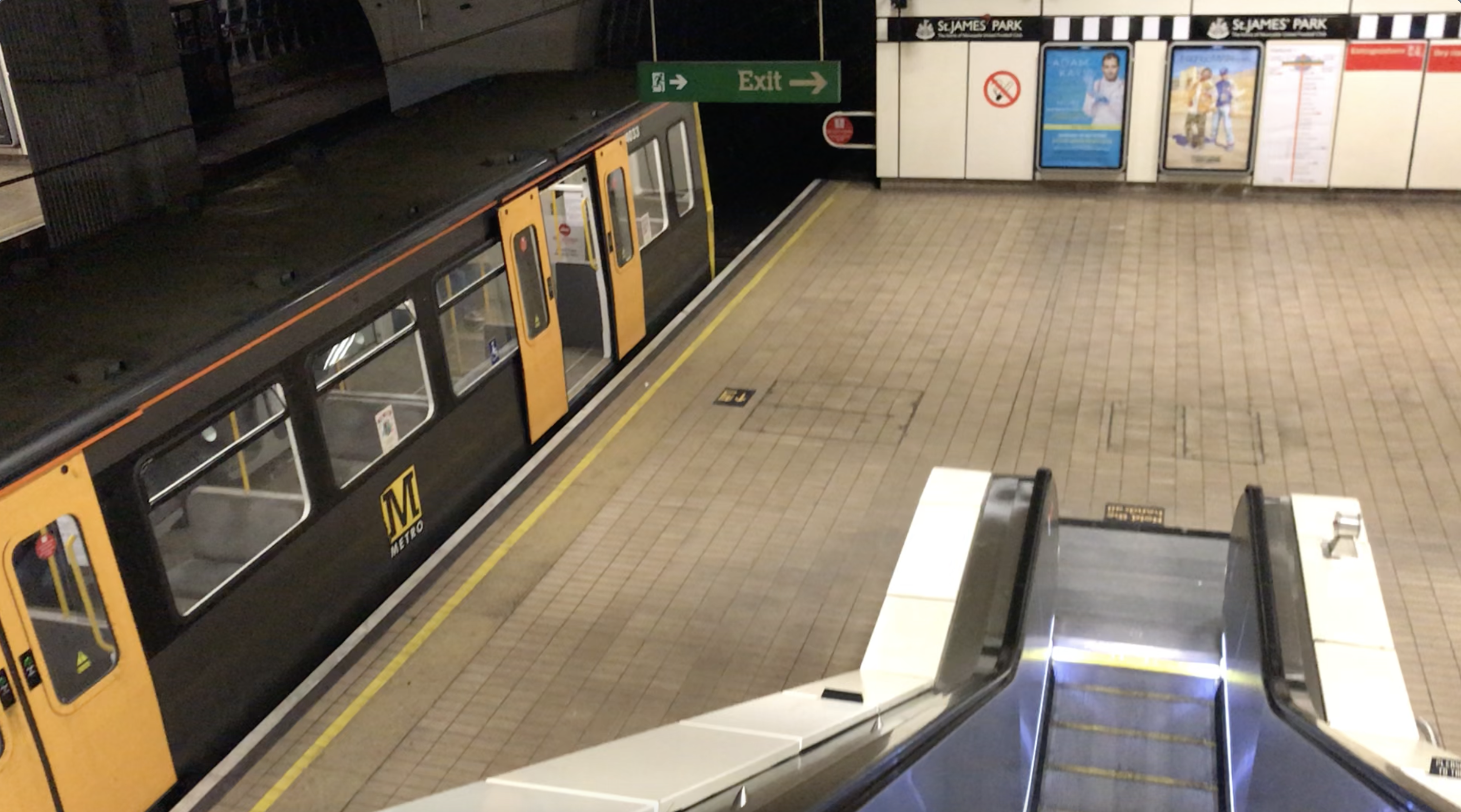
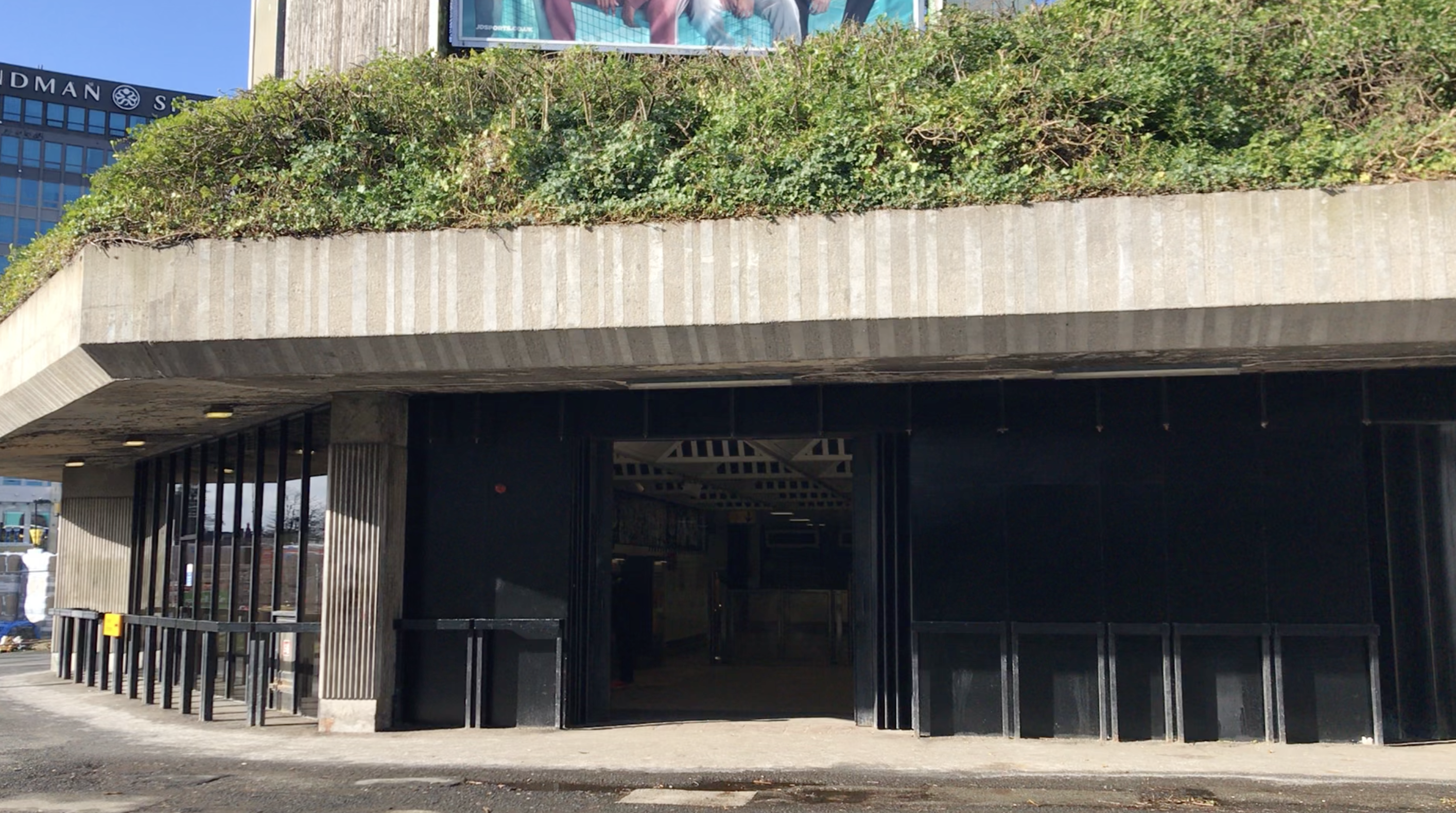
It’s been a long 14 years for Newcastle fans. After previous owner, Mike Ashley, bought the club in 2007, supporters felt it was on a downward spiral.
Falling out with fan favourite players and managers such as Alan Shearer and Kevin Keegan, as well as renaming the famous St James’ Park so it incorporated his company Sports Direct, quickly made the British billionaire the most hated man in Newcastle.
The results on the pitch didn’t help either, as the team were relegated twice during his reign, with one top-five finish in the Premier League the highlight of his time in charge.
“Seeing it [Newcastle United] go downhill for 14 years, it’s been hard, and it ruins your weekend.” – John Stewart, Newcastle Fan.
When the news broke that Saudi Arabia’s P.I.F had intentions to buy the club, fans were over the moon. However, 16 months passed before the purchase received the green light, due to the Premier League’s owners and directors test and Amnesty International advising against the takeover.
The eventual reaction from the fans was no surprise and images of the Toon Army dressing Saudi-style and celebrating around the stadium went viral. And even though there was an understanding of the issues behind the takeover, most fans looked past them.
(Warning there may be some explicit language in some of the videos below)
“I’m delighted with the takeover for Newcastle, the city, I know there’s question marks about where the money is coming from and stuff like that. But, to the ordinary fan I don’t think it matters, because what we’ve had over the last 13 years with the ownership of Mike Ashley, I think anyone could own Newcastle United at the moment." - Thomas Hunter, Newcastle fan.
Hear the opinions of the fans themselves:
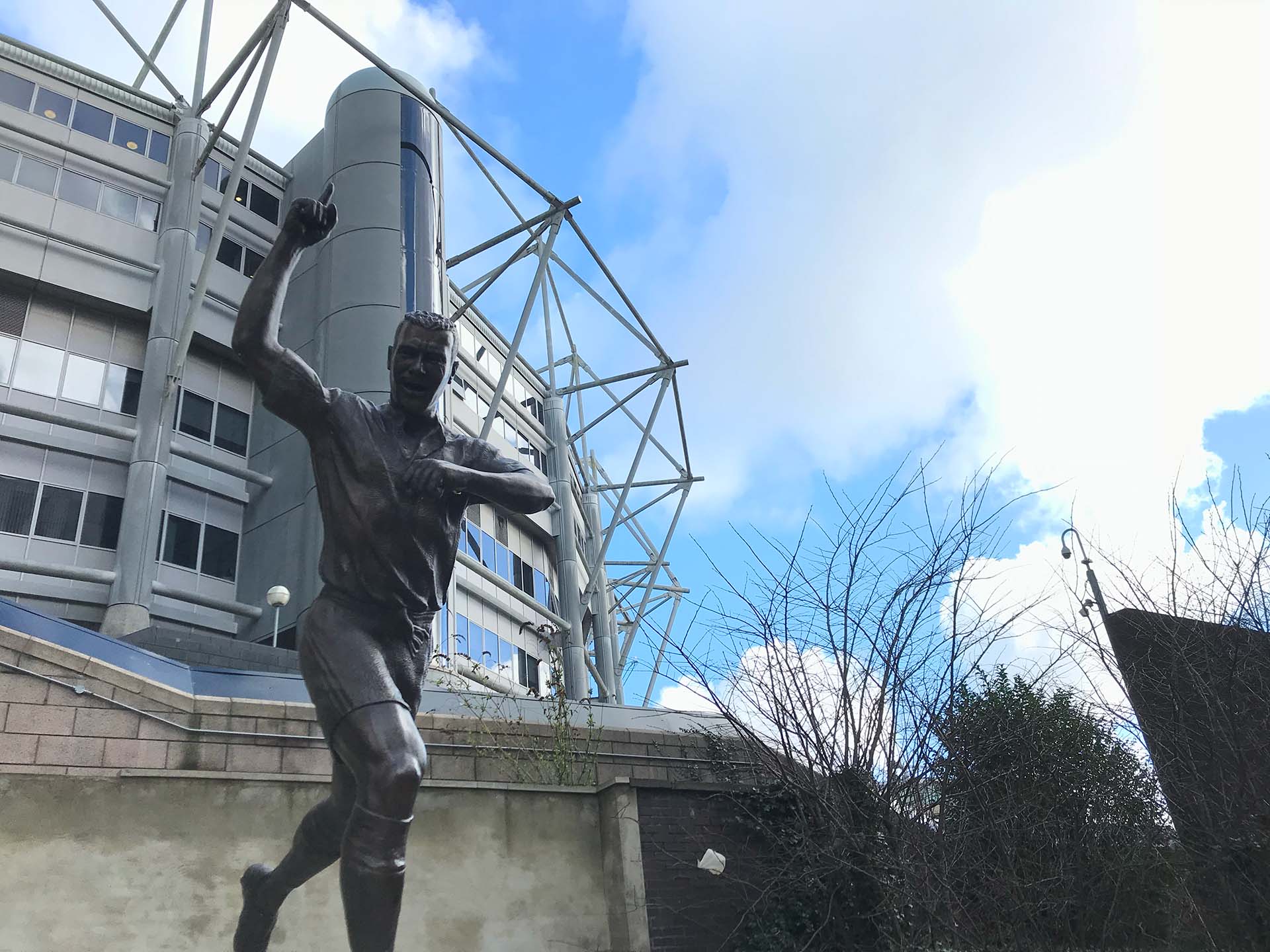
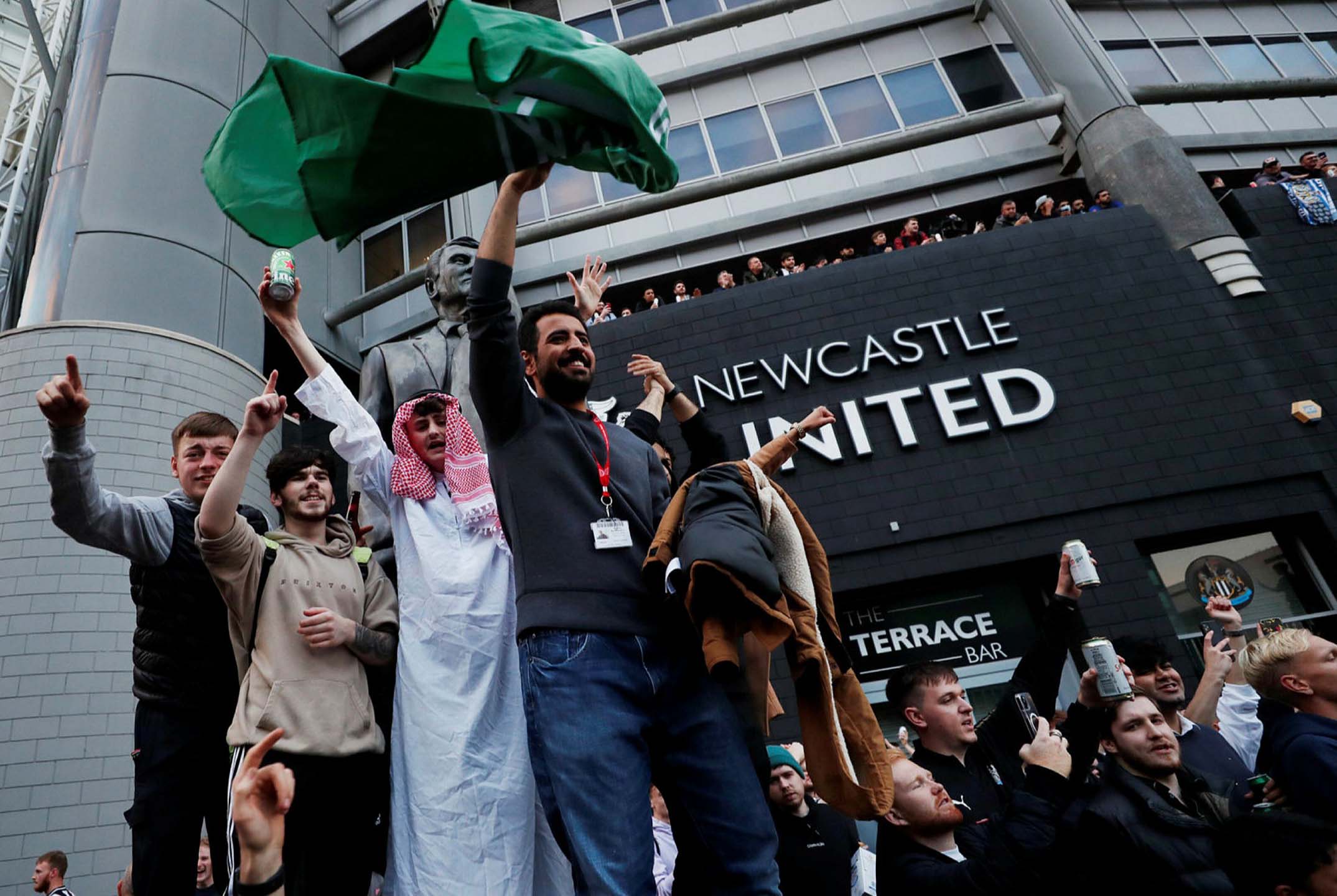
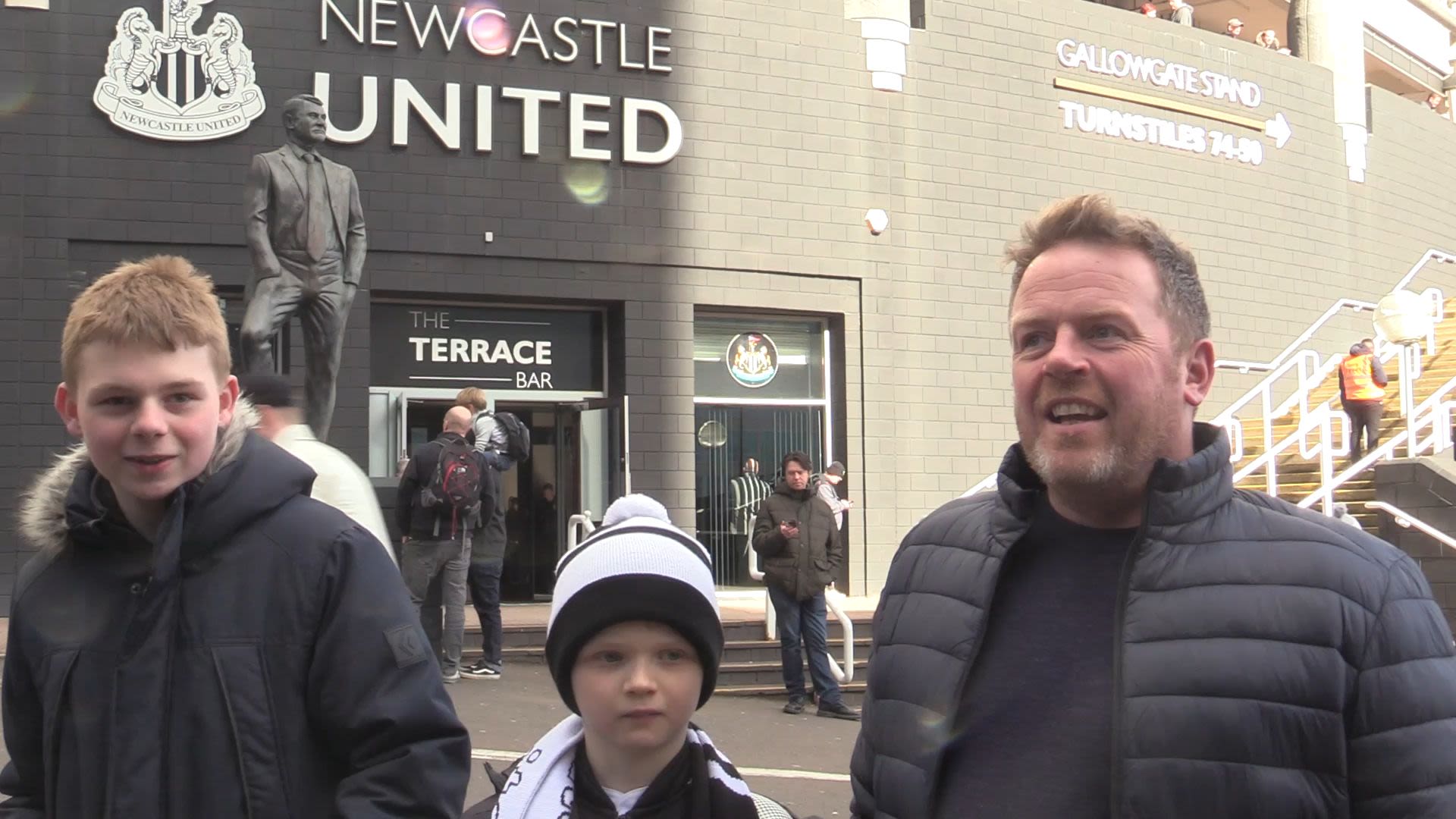


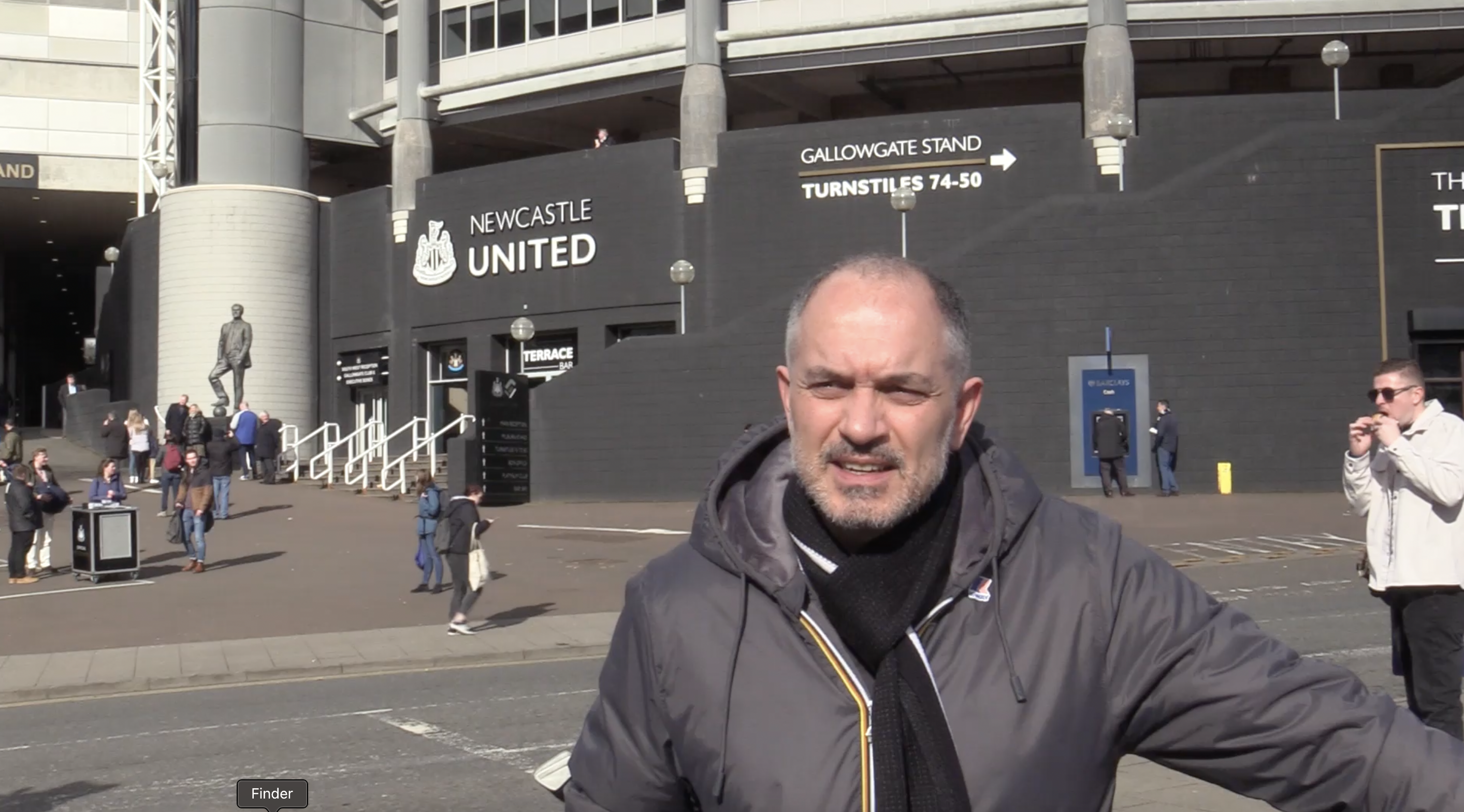
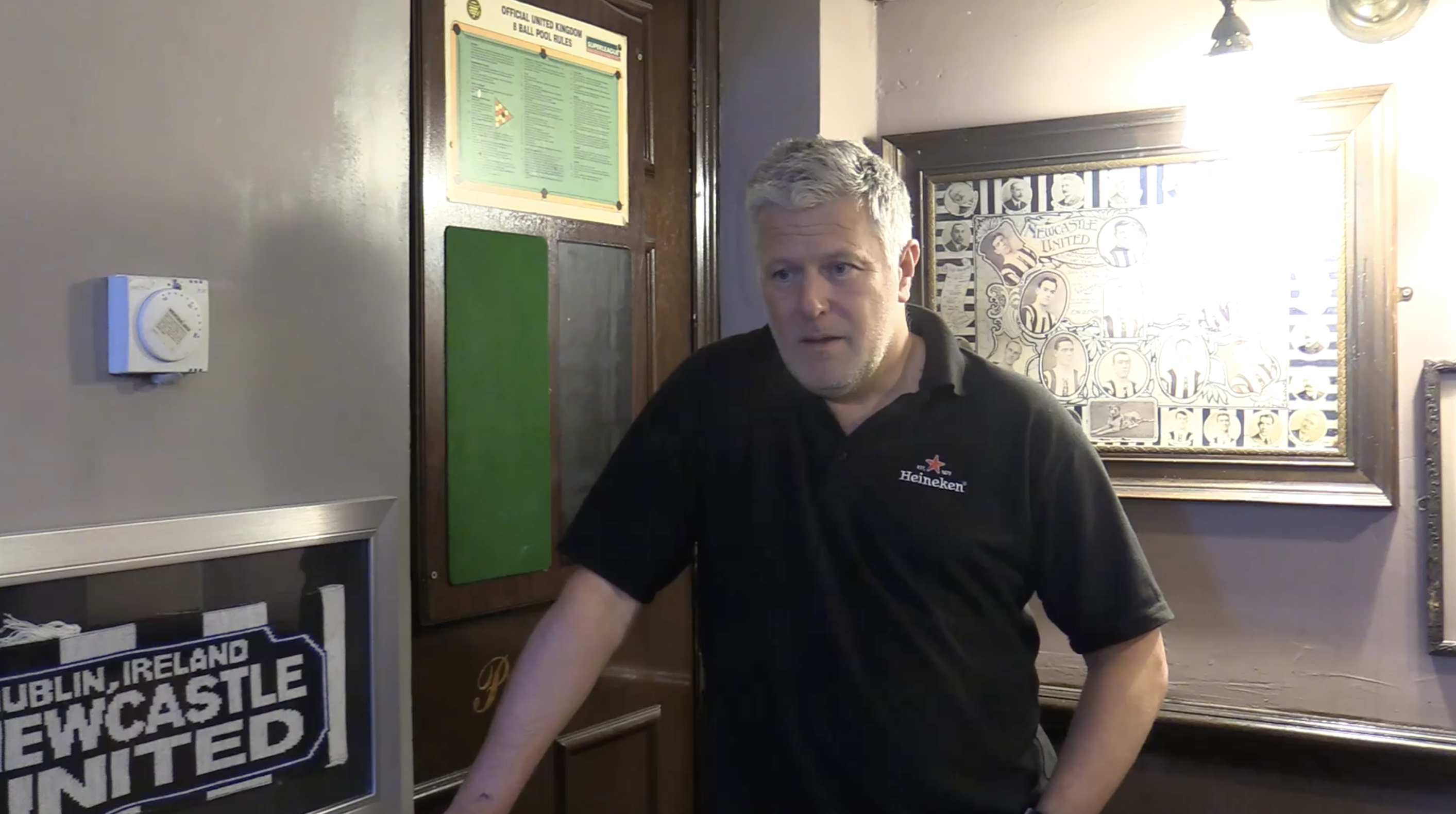
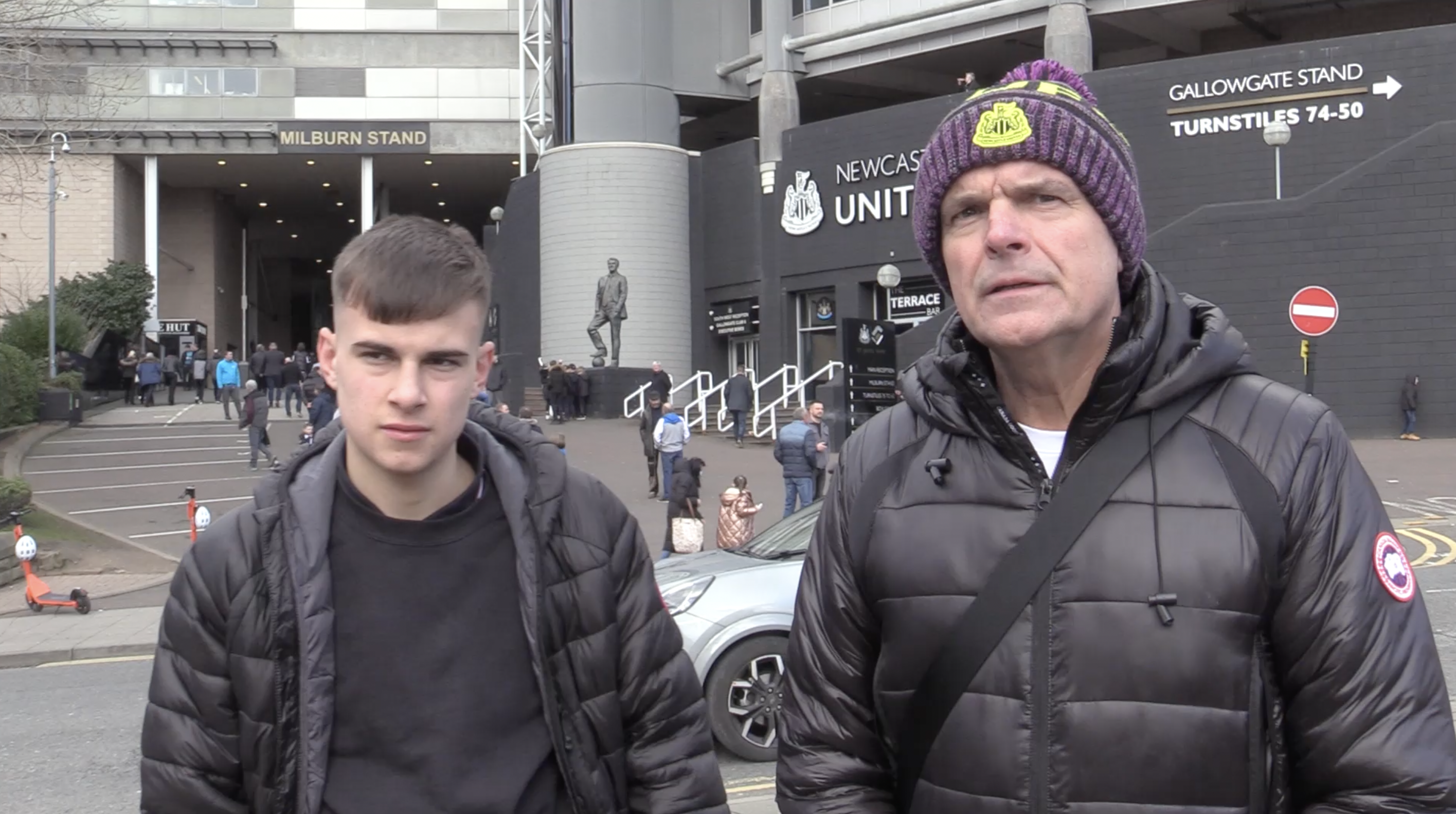
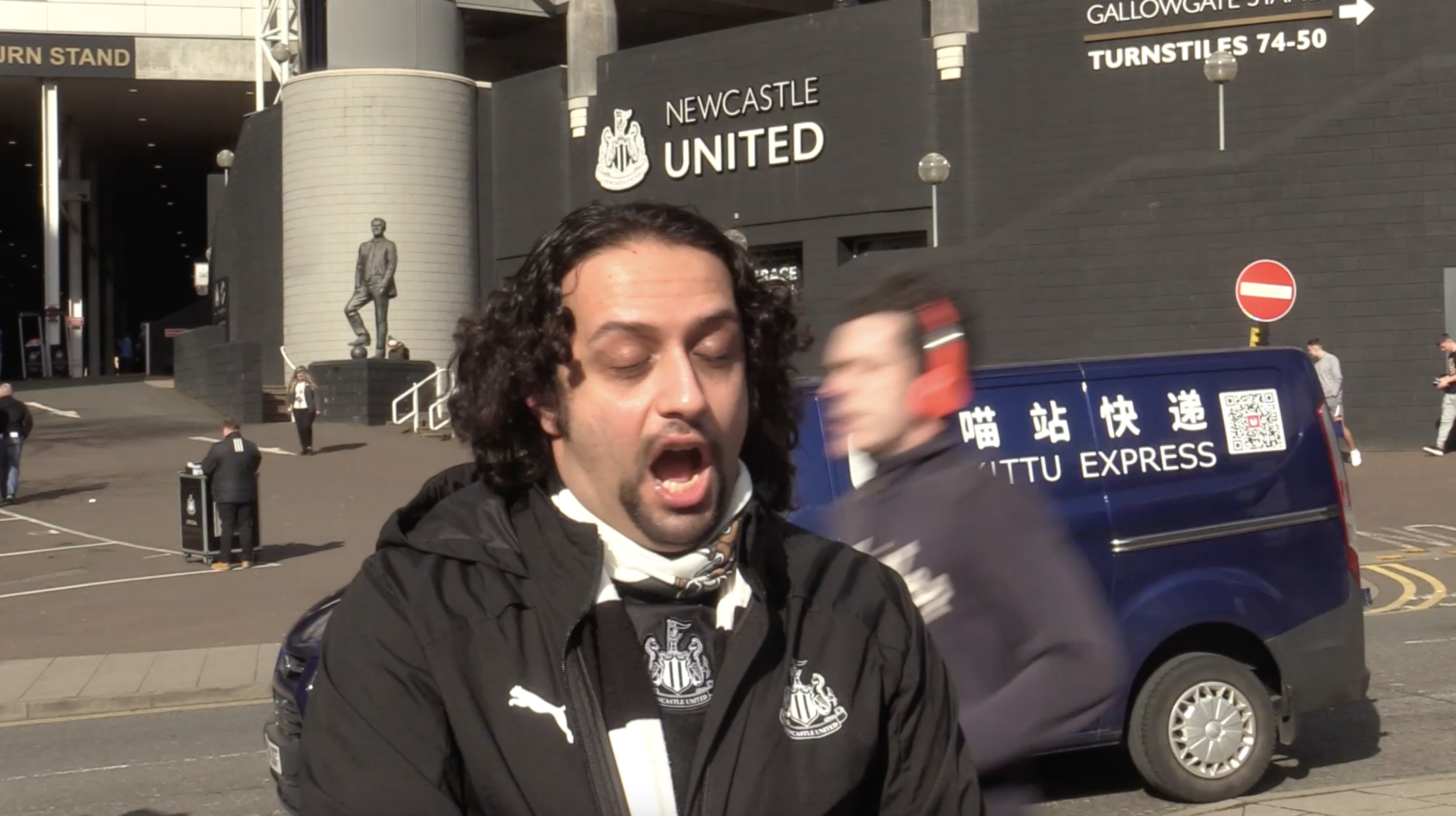
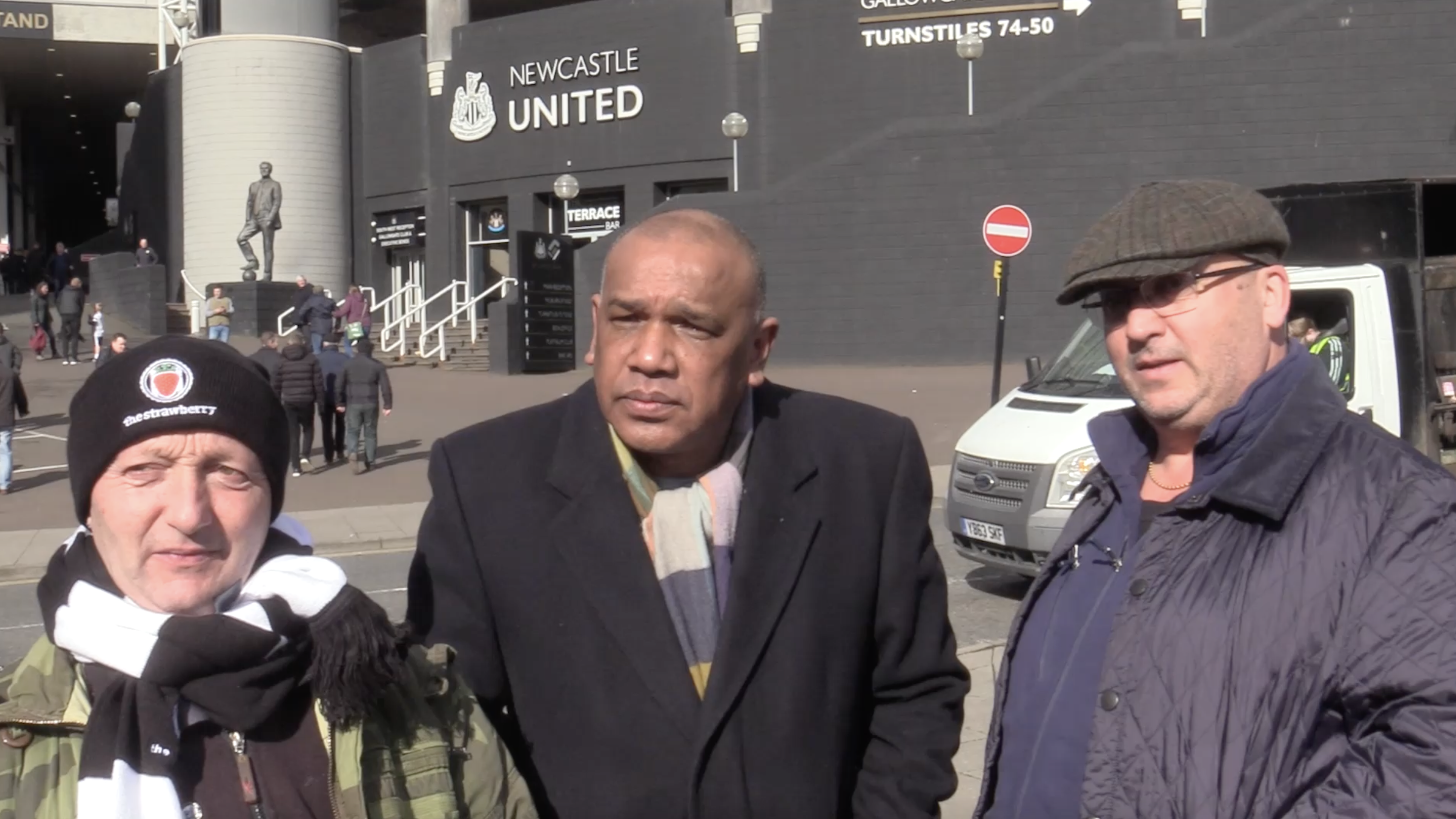
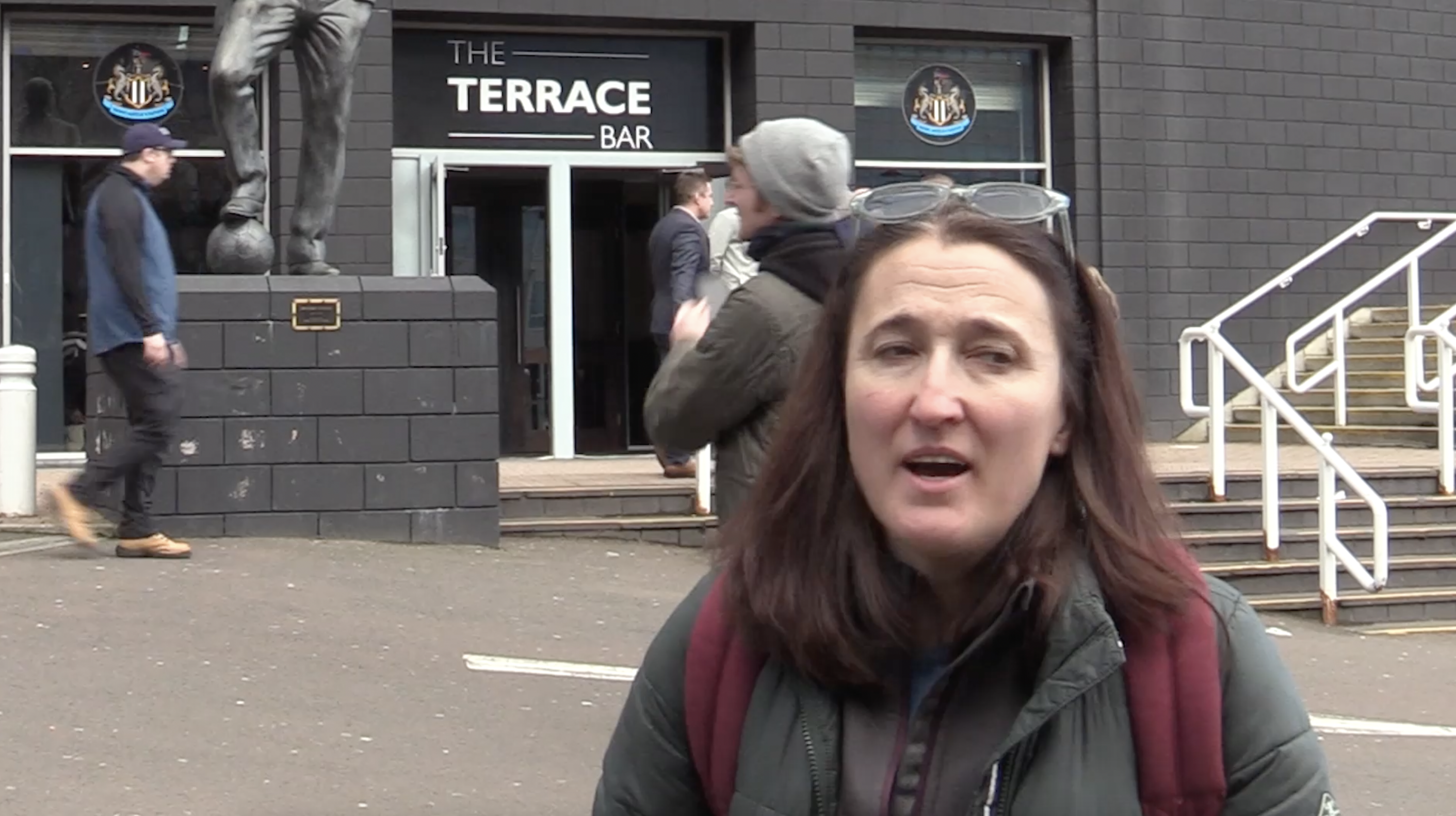
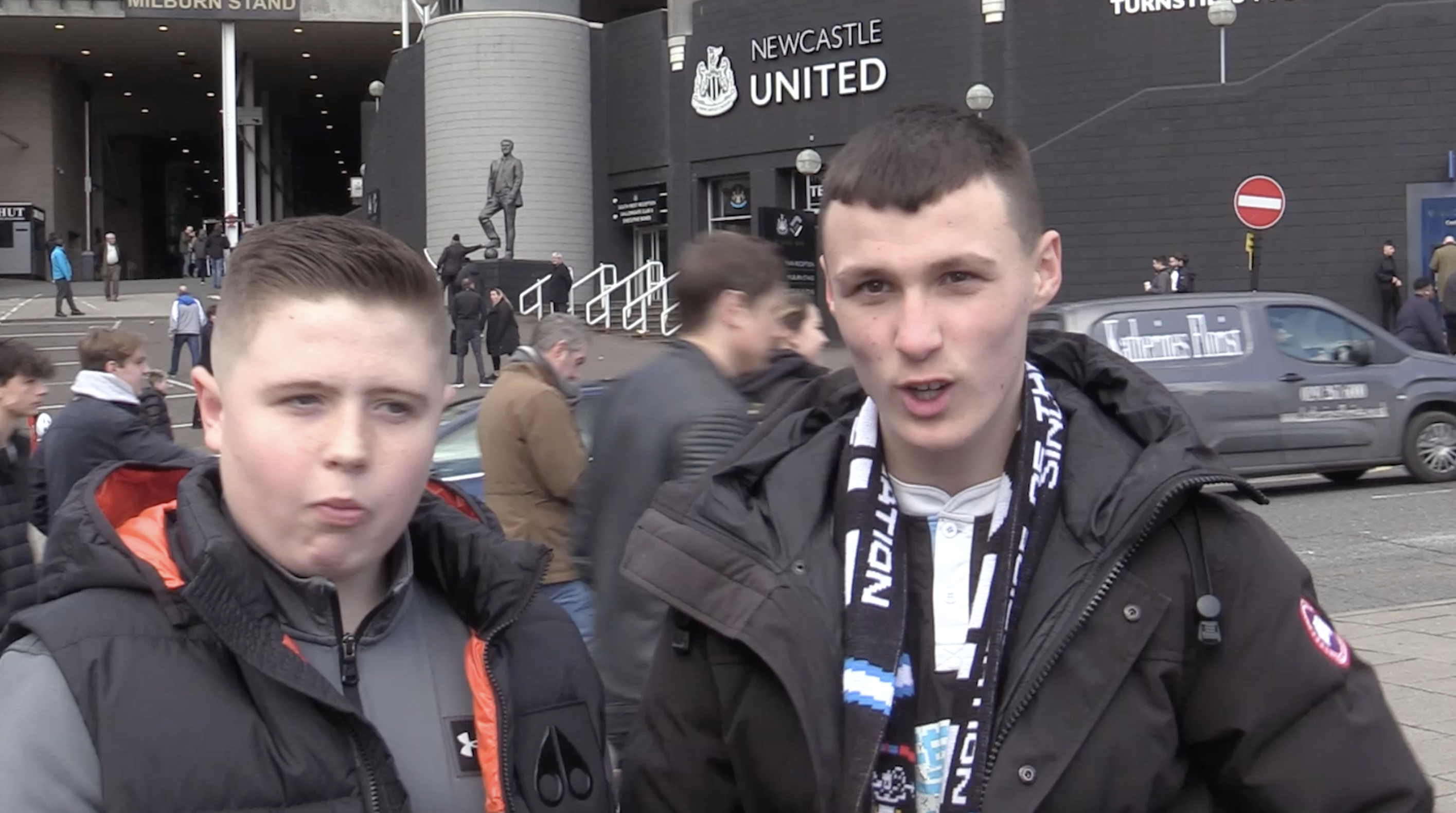
The Despot Derby
An unrecognisable game

On the 13th of March, Newcastle United hosted Chelsea at St James’ Park. Thirty years ago, this would have been a very missable fixture. Now, this match defines the state of the game today.
Saturday
— Paul Hayward (@_PaulHayward) March 13, 2022
- Roman Abramovich disqualified after being sanctioned by the UK government
- Saudi Arabia executes a record 81 men in one day
Sunday
- Chelsea v Newcastle
No need to whatabout me. These are just remarkable facts for a game of football.
When shown this tweet, football historian and author, David Goldblatt, laughed and said:
“How did English football get to this situation? I mean it’s extraordinary, if you would have said this to somebody 30 or 40 years ago, Chelsea vs Newcastle, neither team terribly significant 30 years ago in English football. That that would be the Despot Derby basically, I think it is a very sobering thought.
It just makes me think that we have been very, very careless with our precious inheritance of English football, forged over 120 years and like so many other things in this country we just let it get sold out to the highest bidder.”
David’s shock at the state of game today and concern for the direction it’s headed in is understandable. The staggering net worth of Chelsea’s Russian owner Roman Abramovich and the P.I.F has transformed their respective clubs. Chelsea won their second Champions League last season, whilst Newcastle United flexed their financial muscles in the recent transfer window spending £93 million on players, the most of any team in the Premier League, resulting in the club climbing out of the relegation zone and up the table.
Typically, in such takeovers the new owners vow to not only improve the club but the community as well. The supposed good intentions of the Saudi ownership have been promoted by senior executives at the club ever since rumours of the takeover began. Yet, many football fans believe it’s just another chapter in the long story of ‘sports-washing’ in the game.
Sports-washing is a term which describes a controversial company and/or country using sports to improve its global image and reputation.
David goes into the history of sports-washing in football and his opinions on such takeovers.
Click to watch the interview with David Goldblatt
Deja Vu
Another chapter in a complicated and
troublesome story
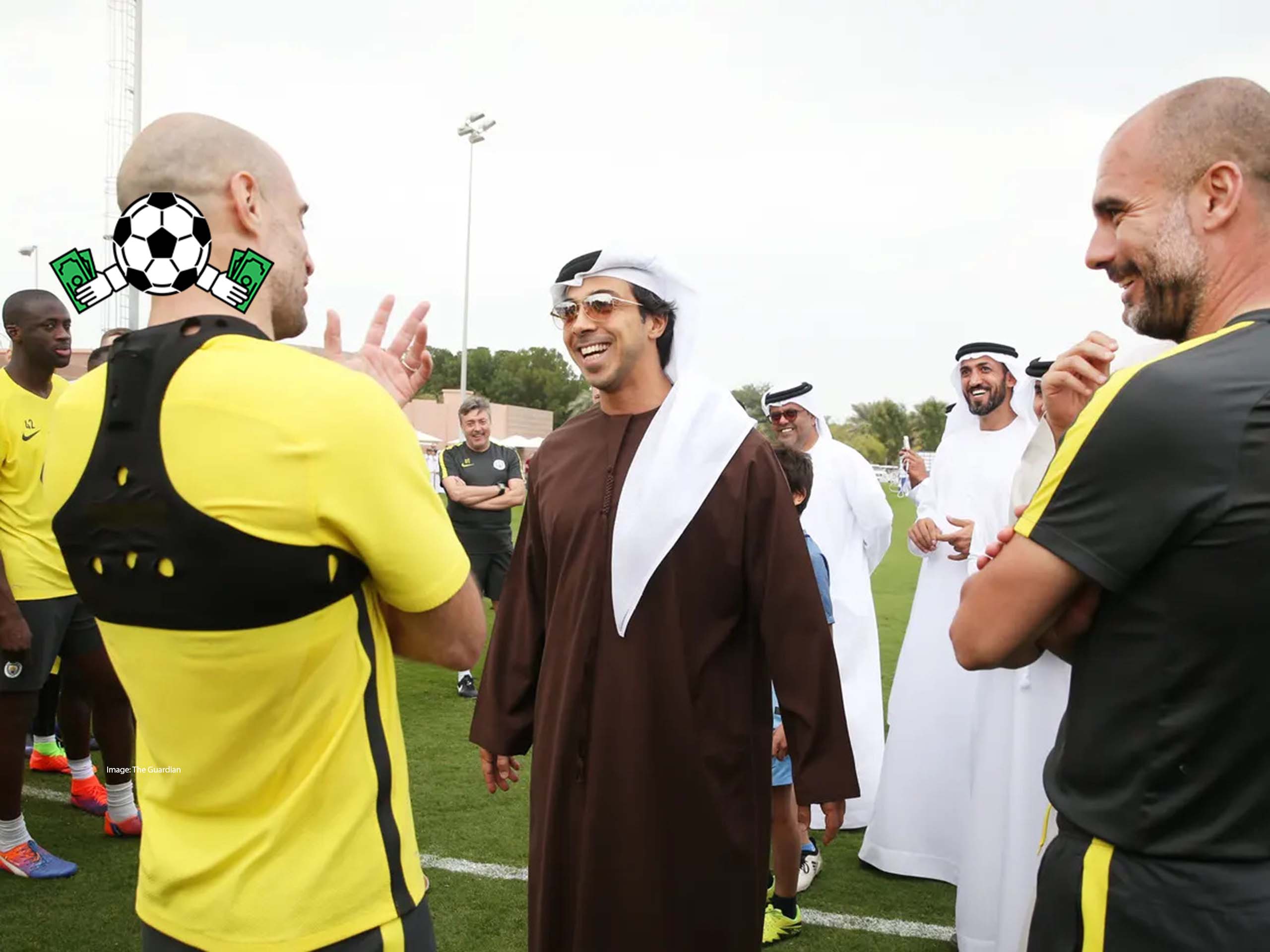
Prior to the war in Ukraine, there were many questions about the Newcastle takeover revolving around the possibility of Saudi state involvement. The Premier League’s attempts to address them were unconvincing, as it’s hard to rely on the legally binding assurances when the chairman of the P.I.F is the Crown Prince himself.
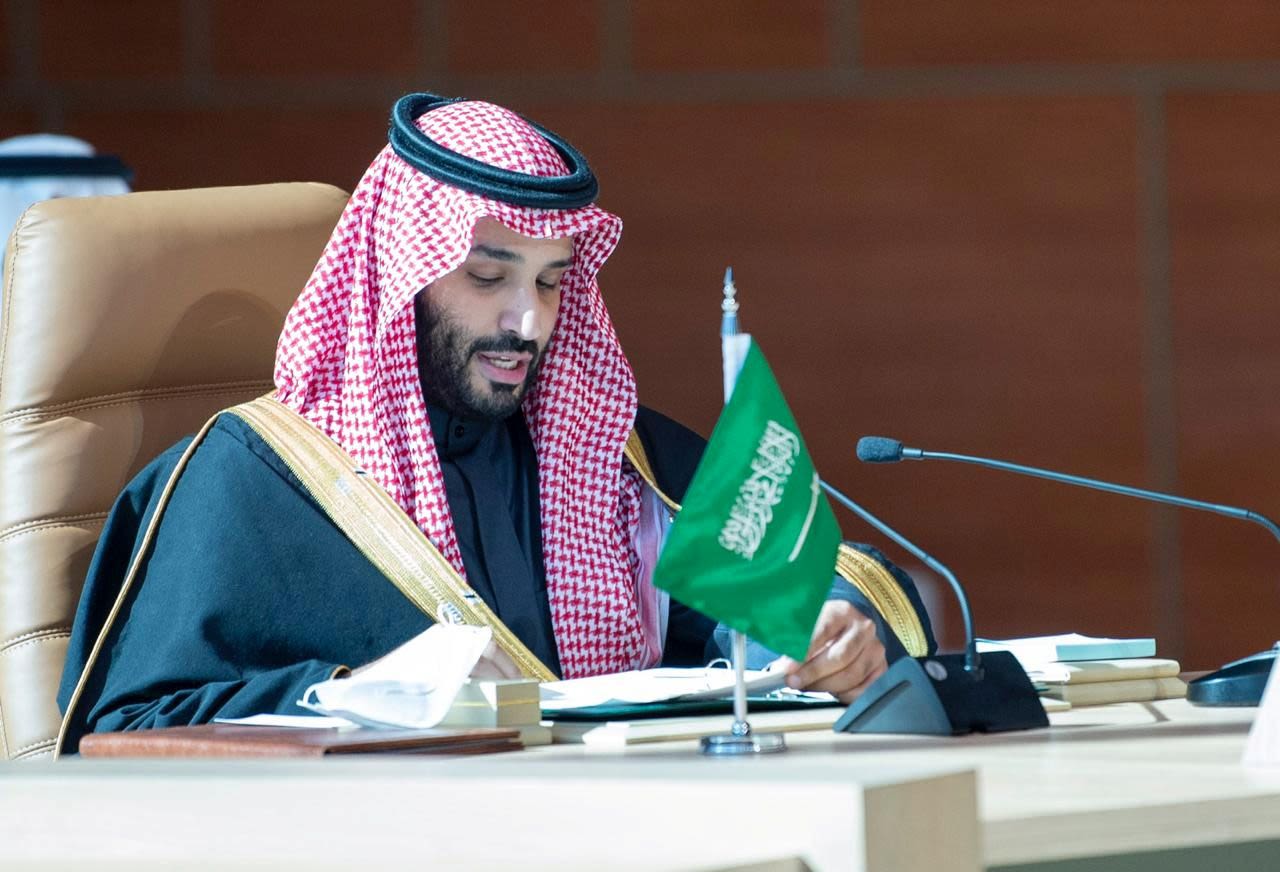
Reuters: the Crown Prince of Saudi Arabia, Mohammed bin Salman
Reuters: the Crown Prince of Saudi Arabia, Mohammed bin Salman
David also dismisses such claims:
“We’re not meant to believe it, it’s completely absurd, of course it’s not going to happen. Just the extraordinary naivety of the Premier League to accept that as a reasonable argument. I mean anybody who knows anything about the way in which Saudi Arabia operates, this is a personalised monarchy, the Crown Prince has his fingers on absolutely every significant decision.”
There are many similarities to the takeovers of old, involving Manchester City and Paris Saint-Germain, which include all three owners being from Gulf States.
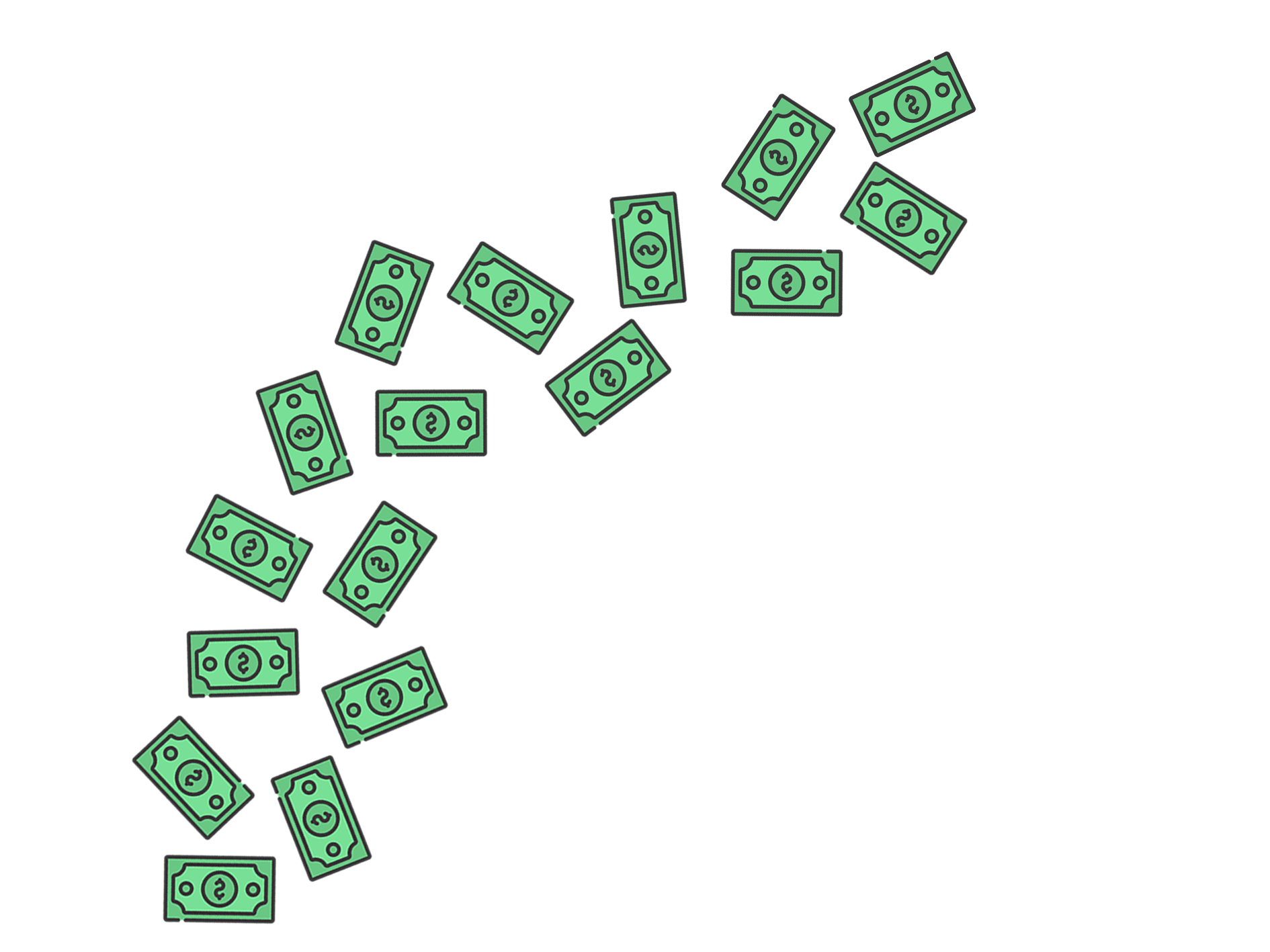
Paris Saint-Germain (PSG) was bought in 2011 by Nasser Al-Khelaifi and Qatar Sports Investments, one of the subsidiaries of the country’s state-run wealth fund, for £100 million.
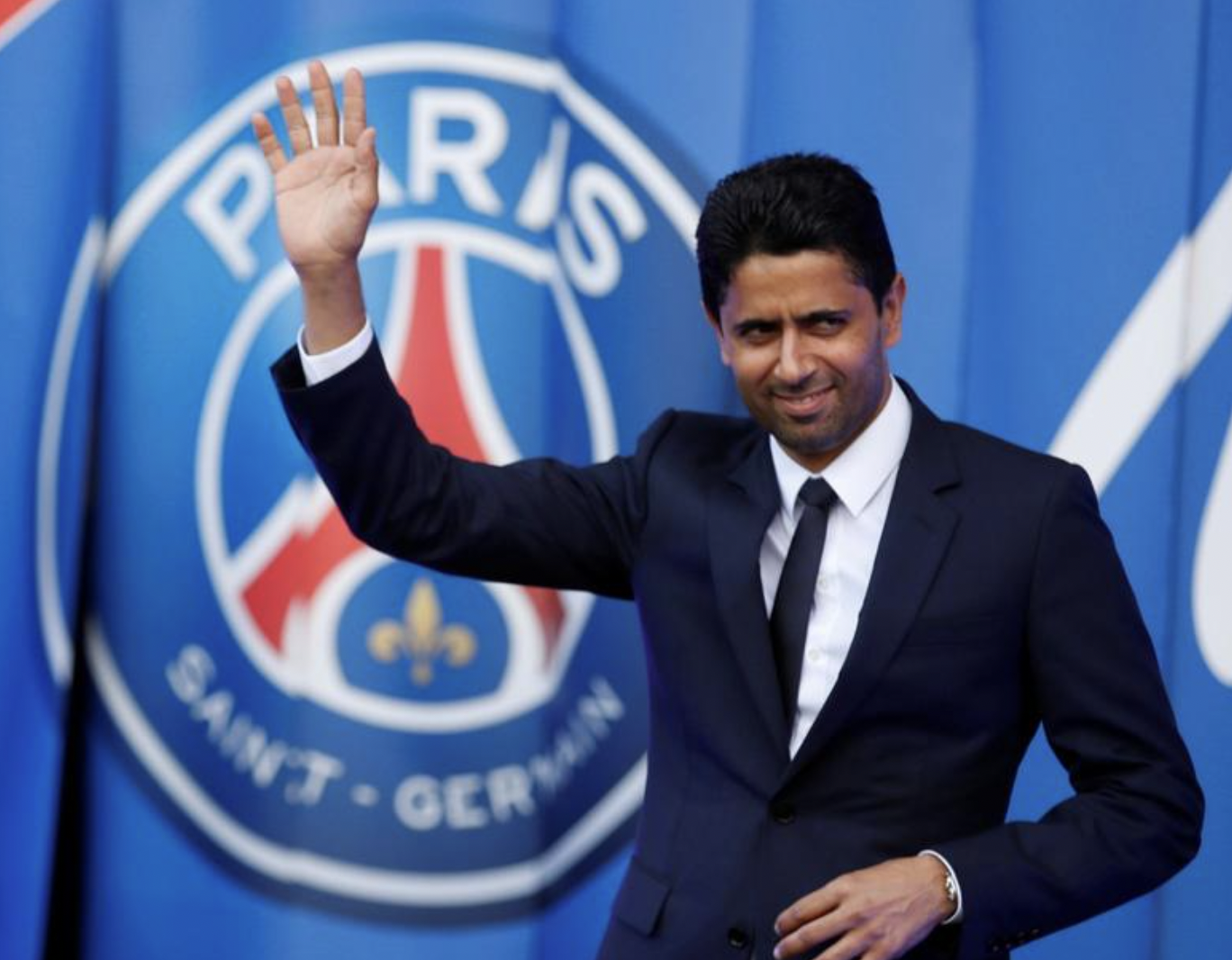
Reuters: Paris Saint Germain Owner, Nasser al-Khelaifi
Reuters: Paris Saint Germain Owner, Nasser al-Khelaifi
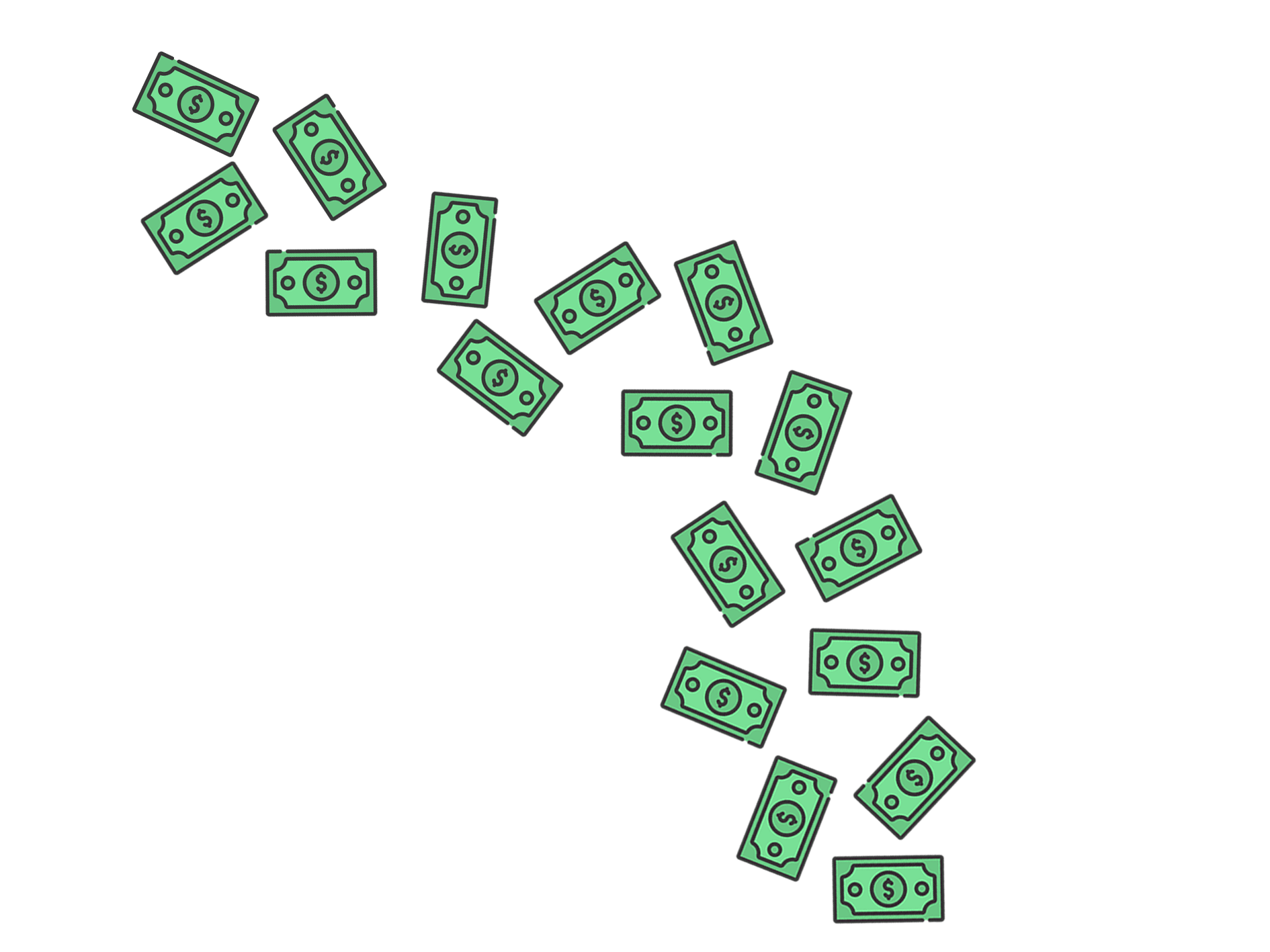
Manchester City was bought in 2008 by Sheikh Mansour, who is the current Deputy Prime Minister of the United Arab Emirates and member of the Royal Family of Abu Dhabi, for £210 million.
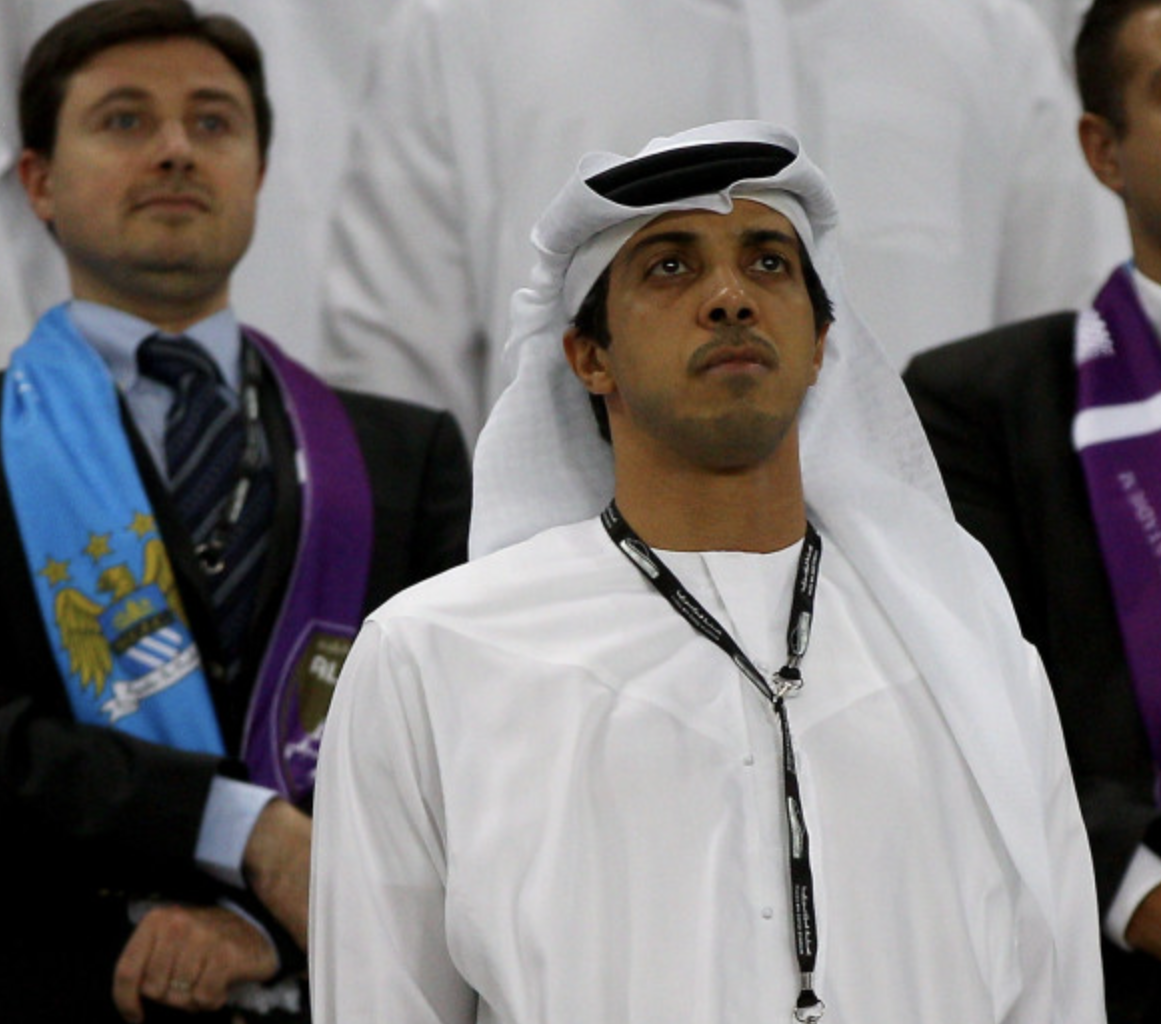
Bleacher Report: Manchester City Owner, Sheikh Mansour
Bleacher Report: Manchester City Owner, Sheikh Mansour

Newcastle United was bought in 2021 by Saudi Arabia’s Public Investment Fund, for £300 million.
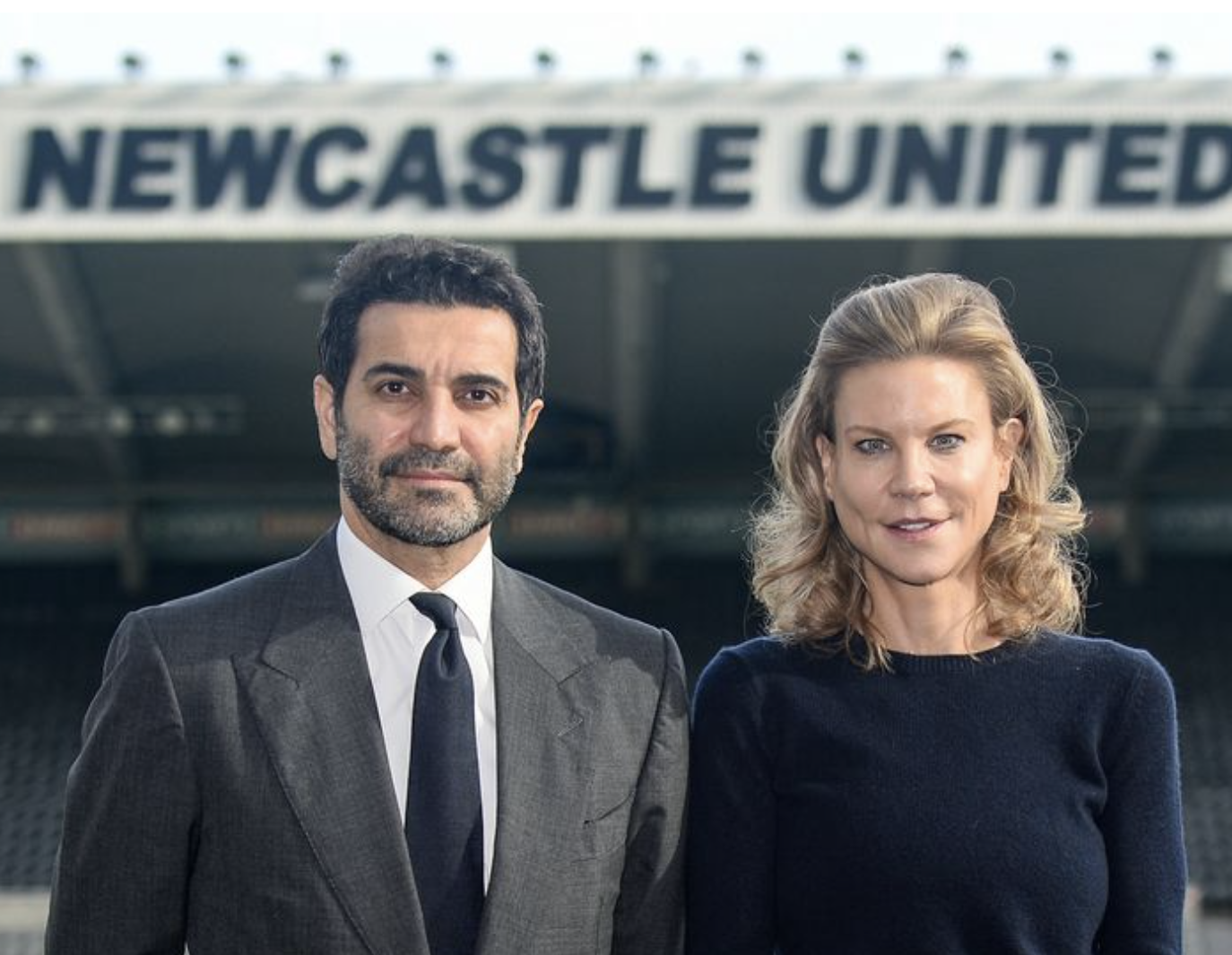
The Mag: Newcastle United interim Co-CEO's, Amanda Staveley and her husband Mehrdad Ghodoussi
The Mag: Newcastle United interim Co-CEO's, Amanda Staveley and her husband Mehrdad Ghodoussi
These takeovers have also directly contributed to taking the sport in a new direction. The January transfer window saw Manchester City and Newcastle United account for 35% of the total amount on money spent on players in the Premier League.
The two clubs have spent a combined £1.6 billion over the last 10 years and that spending is projected to skyrocket.
In France, Paris Saint-Germain are responsible for the two most expensive player transfers in the football history, signing Neymar for £186 million in 2017 and Kylian Mbappe for £150 million in 2018.
As well as winning 8 of the last 10 French League titles.
An Elephant In The Room
The undeniable human rights dilemma
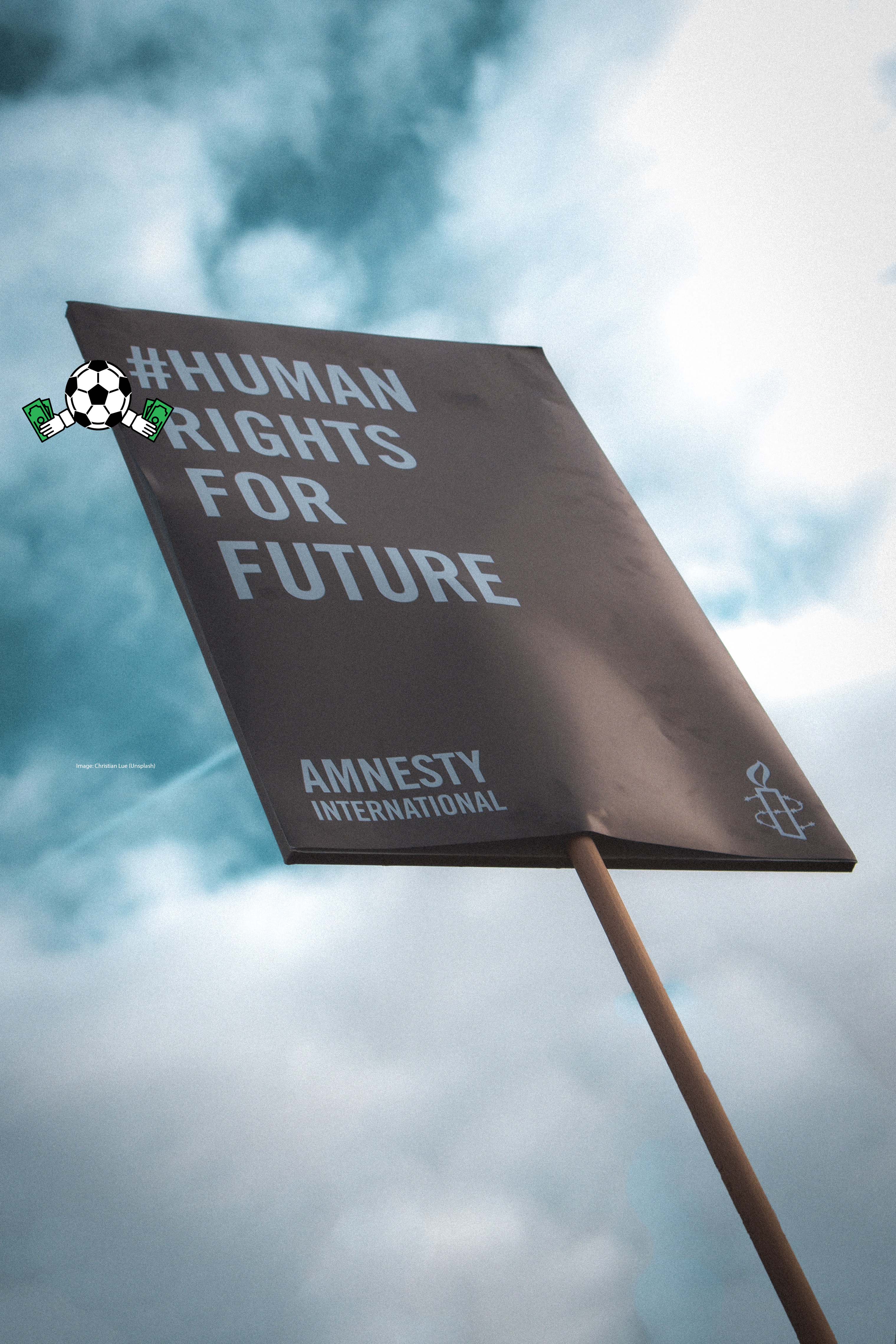
The Gulf States are well documented as having some of the worst human rights records in the world.
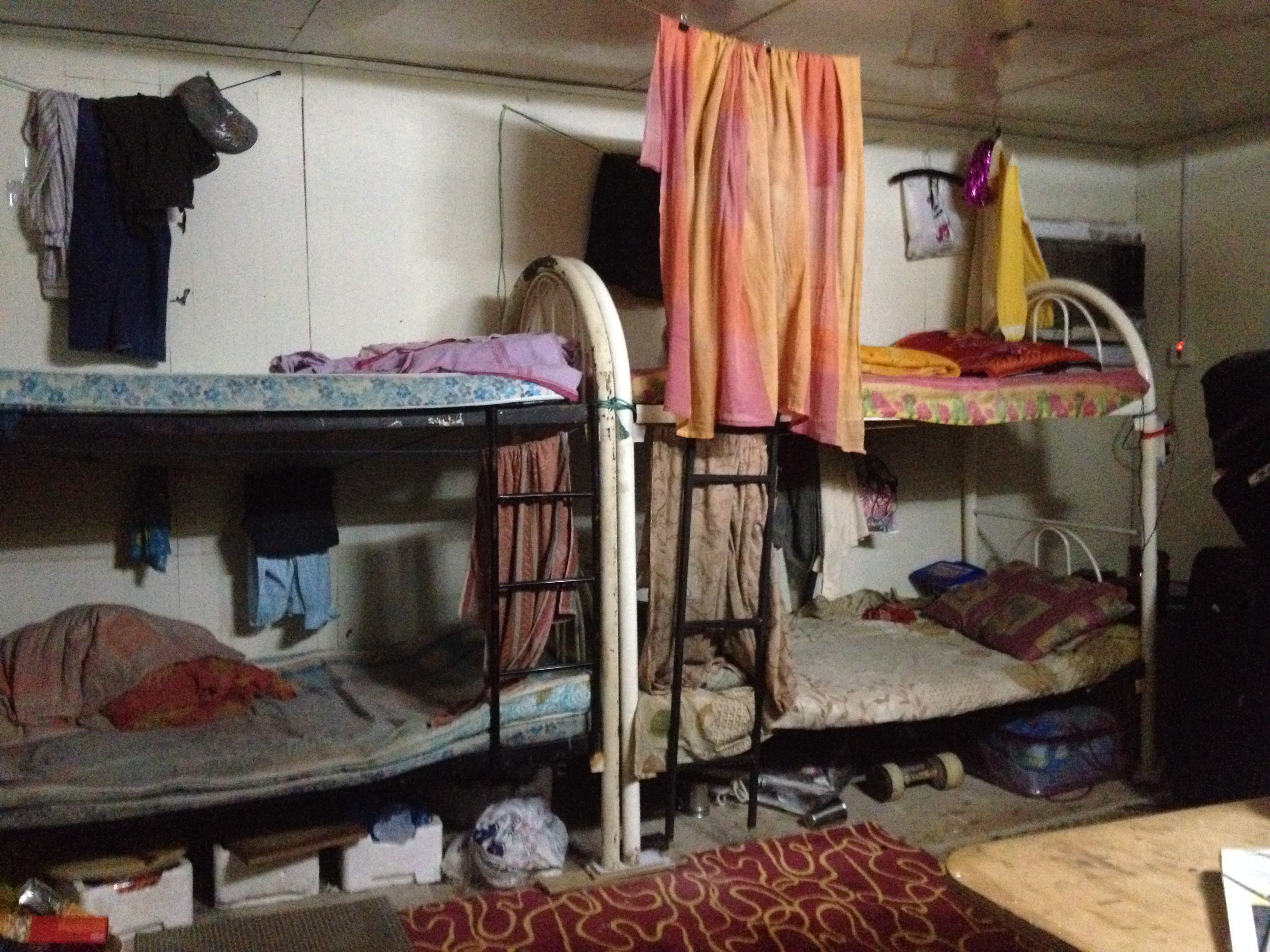
Amnesty International: Qatar World Cup living quarters for workers
Amnesty International: Qatar World Cup living quarters for workers
Steven Greer, Professor of Human Rights at the University of Bristol, explains why they have not moved in a forward direction socially or politically:
“These states are fragments of what used to be the Ottoman Empire, which was a great and magnificent empire but it was an empire which was governed by a Cali, an Autocrat, where there was no democracy, no real effectively protected human rights.
Therefore, the political culture there doesn’t have deep democratic foundations the way we have in the West and that’s part of the problem. How do you encourage these states to move in the direction of democracy when that’s not part of their culture or their history?”
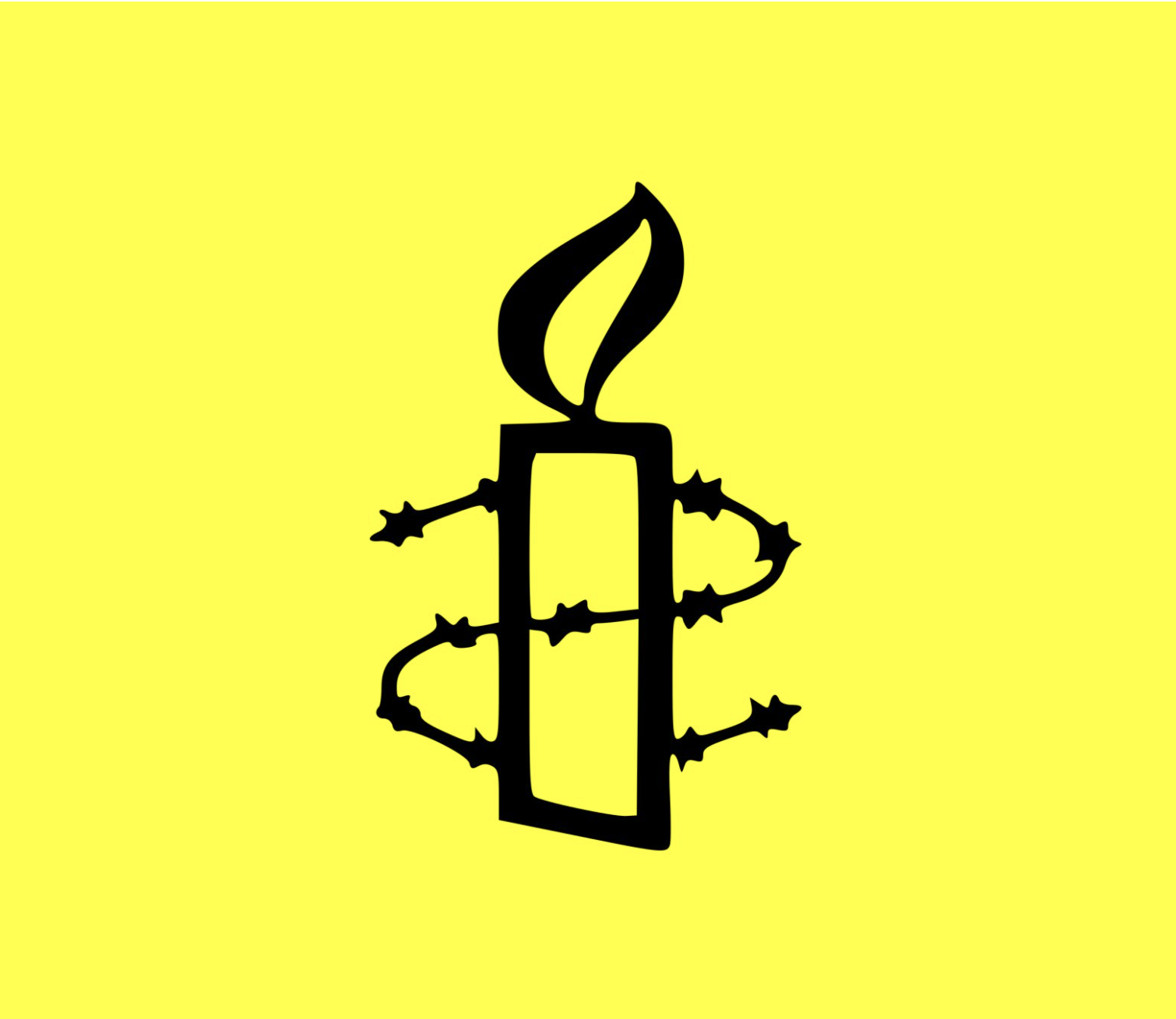
Amnesty International lists the key issues identified in each state:
Saudi Arabia
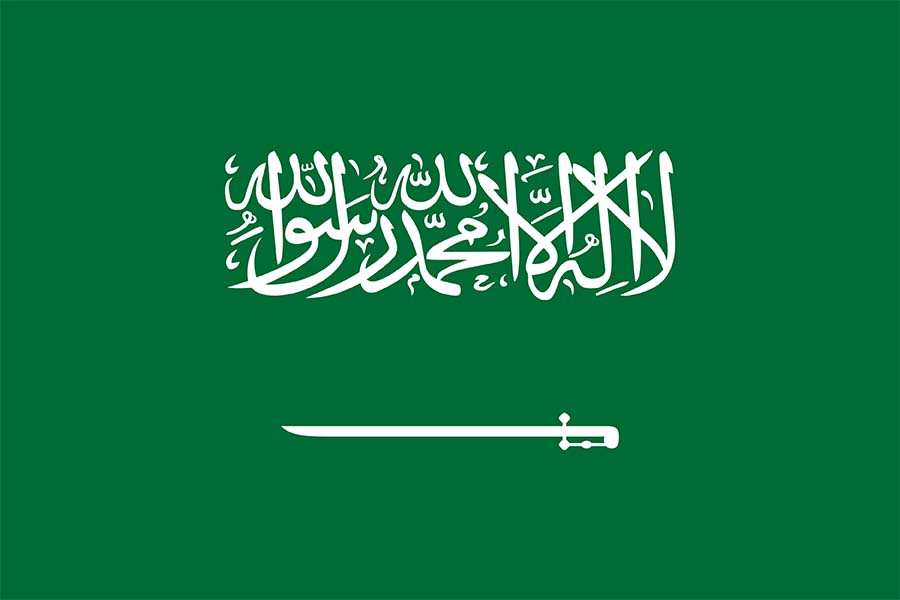
- Torture used as punishment (many women rights activists experienced this whilst detained)
- Executions are rising
- No free speech or protests
- Women still don’t have full rights
- Religious discrimination
- Human rights organisations banned
- The assassination of journalists
- Homosexuality is illegal and those are subject to chemical castration.
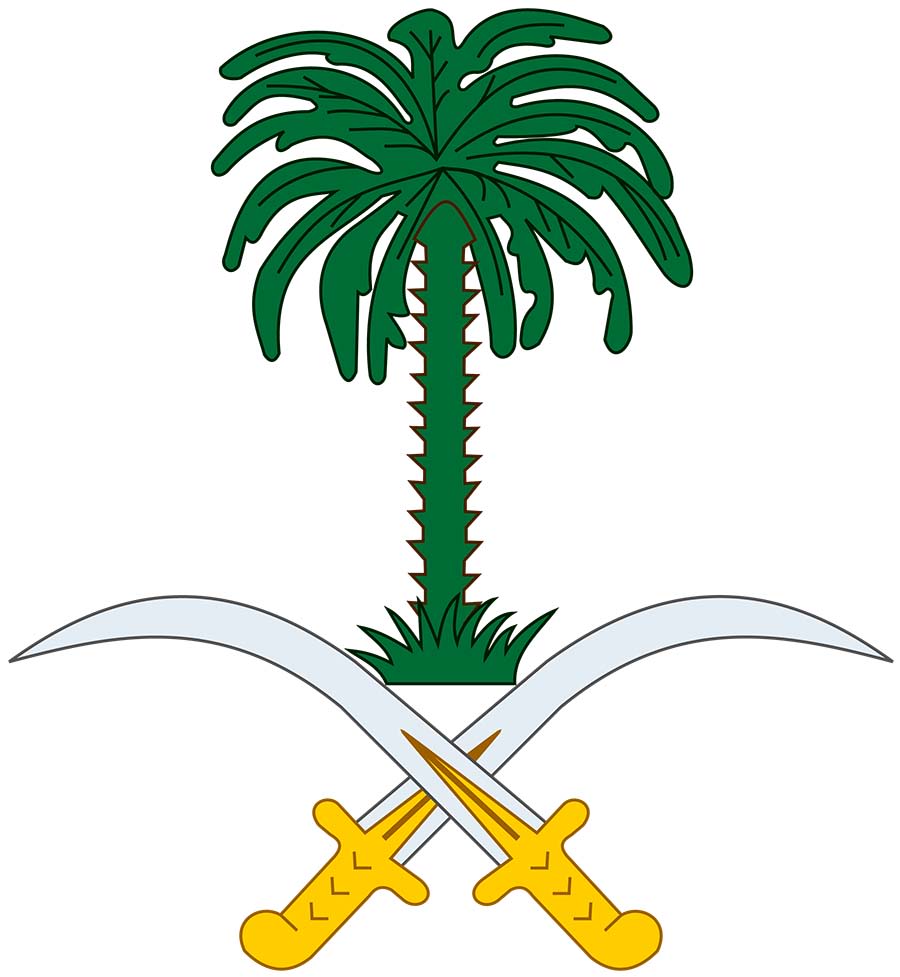
United Arab Emirates
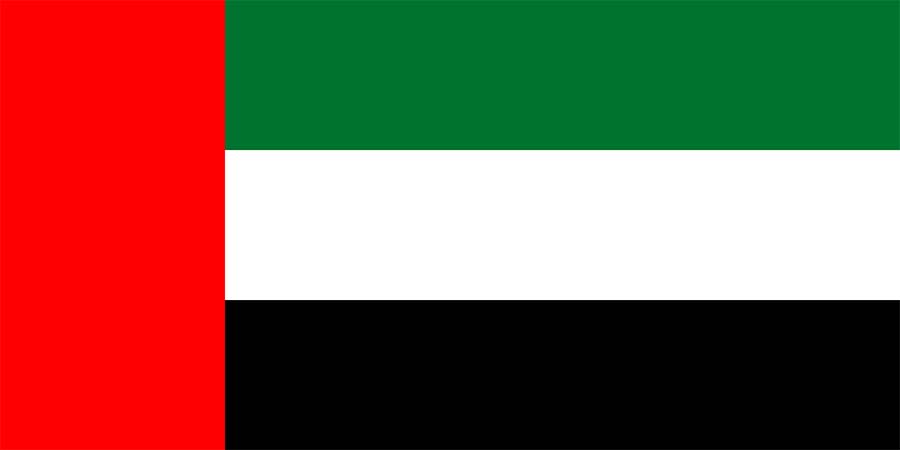
- National leaders aren’t elected and citizens cannot change their government or form political parties
- Those who stand against or criticize authorities are detained
- Torture is commonplace in custody
- Sharia Courts allow lashing and stoning as punishment (however, no stoning has ever taken place)
- Restricted freedom of speech and censorship of media
- Executions
- Very Limited rights for women
- Homosexuality is illegal
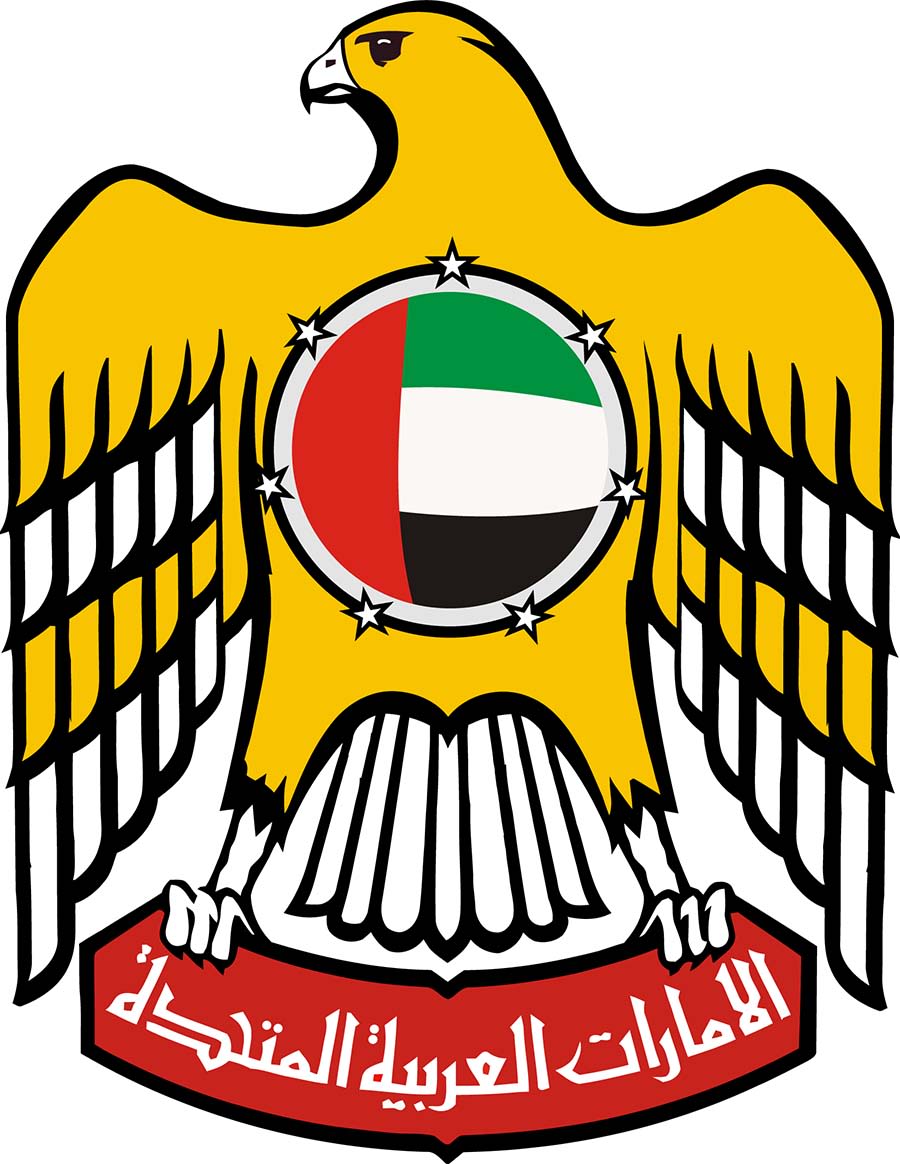
Qatar:

- Freedom of expression and speech is heavily restricted, with critics facing the risk of prison/fines
- Limited women's rights
- Executions resumed last year after a 20-year hiatus
- Foreign workers have very few rights and risk low pay, tough conditions and abuse (including human trafficking, enforced prostitution and slavery)
- Sharia Law
- Women who are charged with being in an illicit relation face up to 7 years in prison
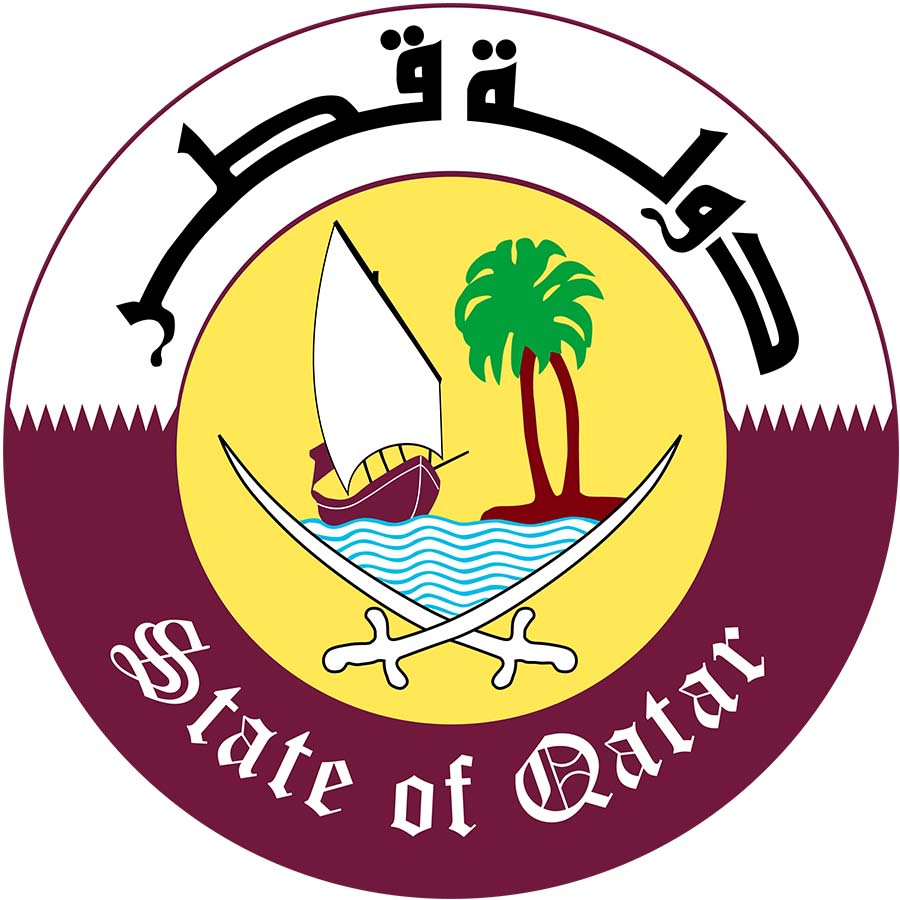
A new idea that’s emerged in this area of the world is that “human rights are not for everyone and can be exclusive to particular groups within society”.
Dr Abdulhadi Naser Al-Aimi is the Assistant Dean for Academic Affairs and Graduate Studies in the College of Arts at Kuwait University. He investigated this ideology on the Gulf International Forum, the Washington-based institute that aspires to enhance peace, progress, security and stability in the Gulf.
He was quick to point out the negative influence of former U.S. president Donald Trump, saying his administration turned a blind eye to human rights issues in the Arab world.
“Trump’s open bigotry toward immigrants and Muslims, culminating in his campaign pledge to ban Muslims from entering the United States, gave encouragement to bigots in the Gulf to practice their discrimination against expatriates and other disfranchised groups within society.”
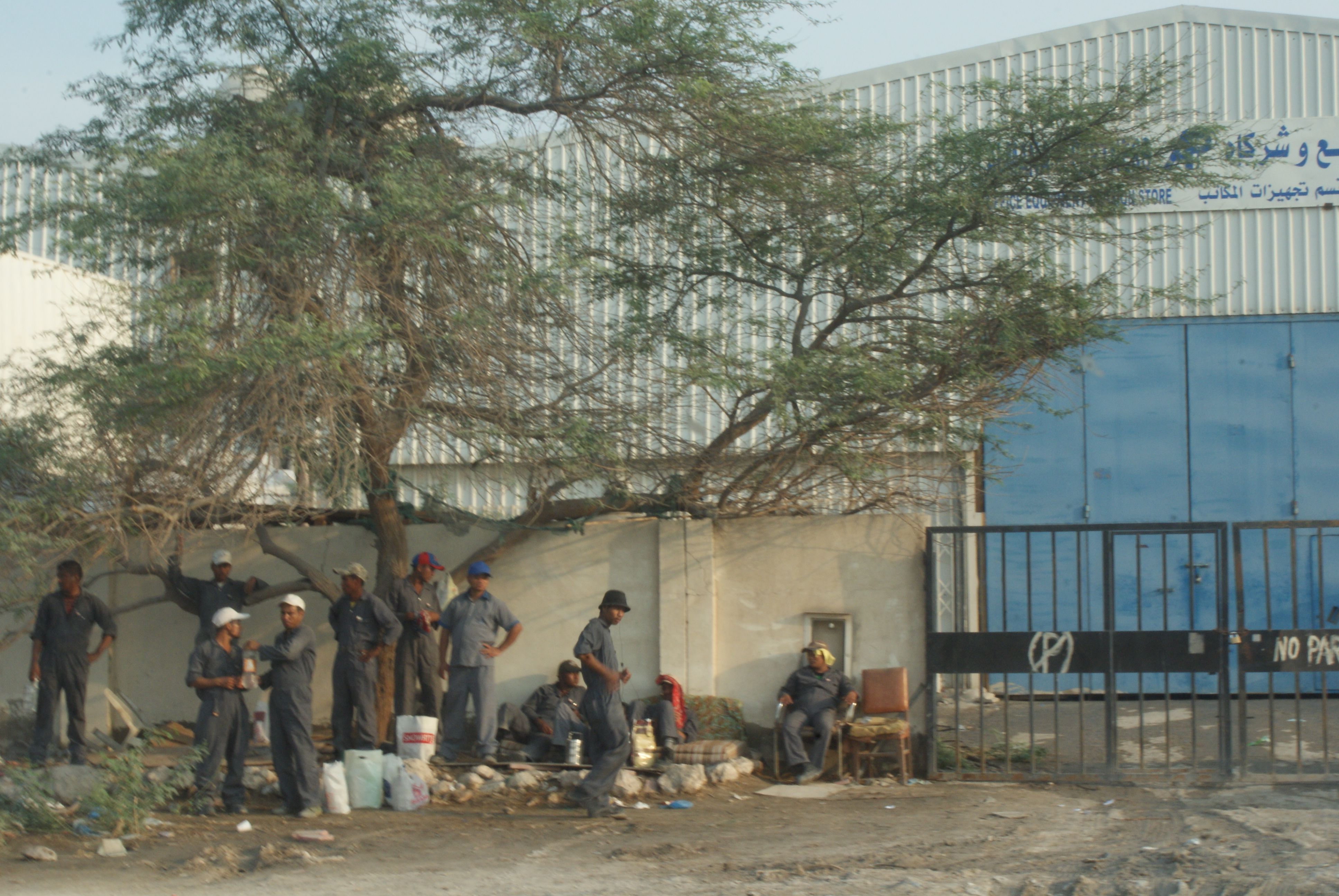
Amnesty International: Migrant workers on site in Doha (Qatar)
Amnesty International: Migrant workers on site in Doha (Qatar)
Creating change is easier said than done. But Steven Greer believes there is a possibility the situation will change for the better with reform and that the Newcastle United takeover could help.
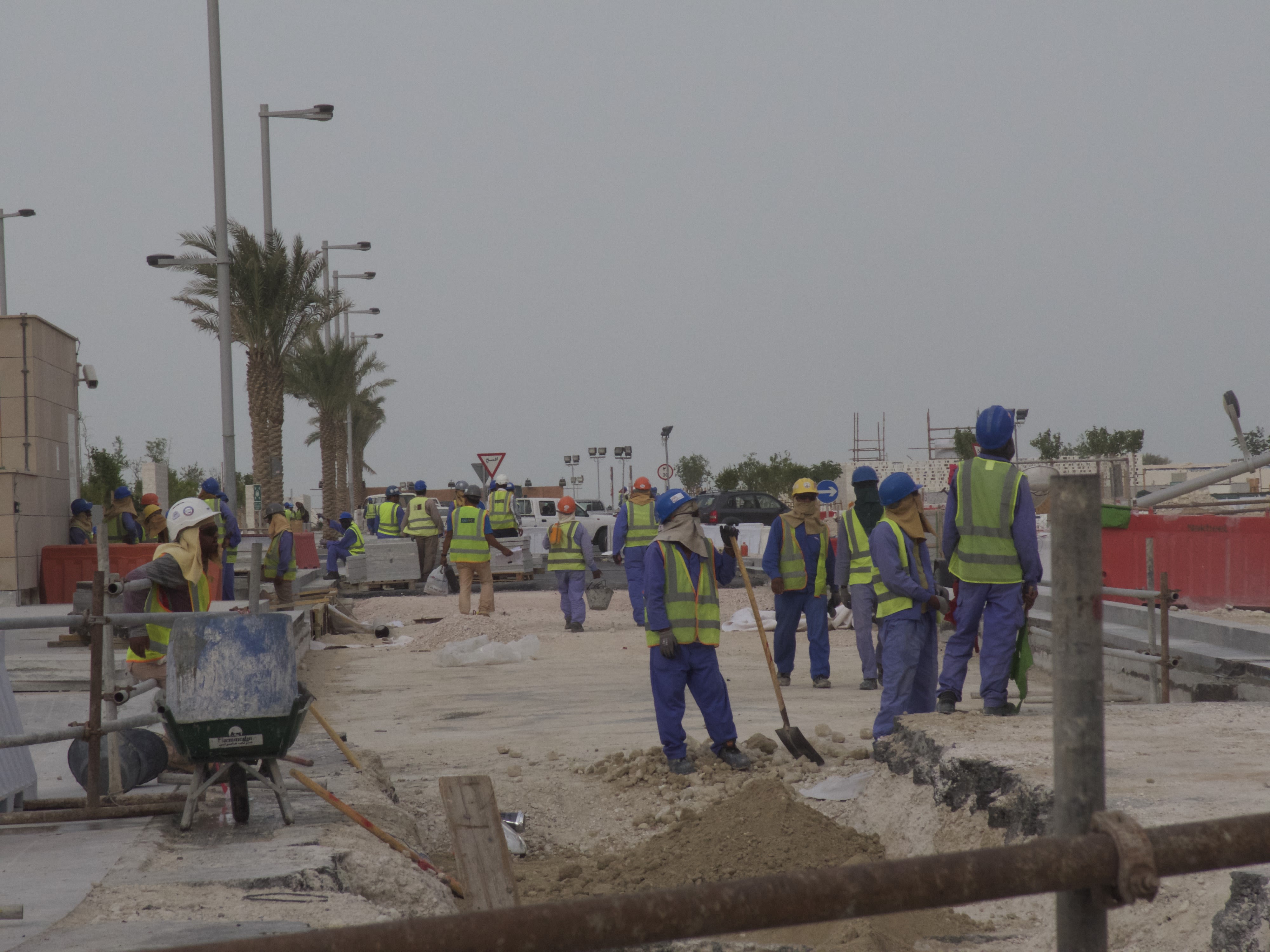
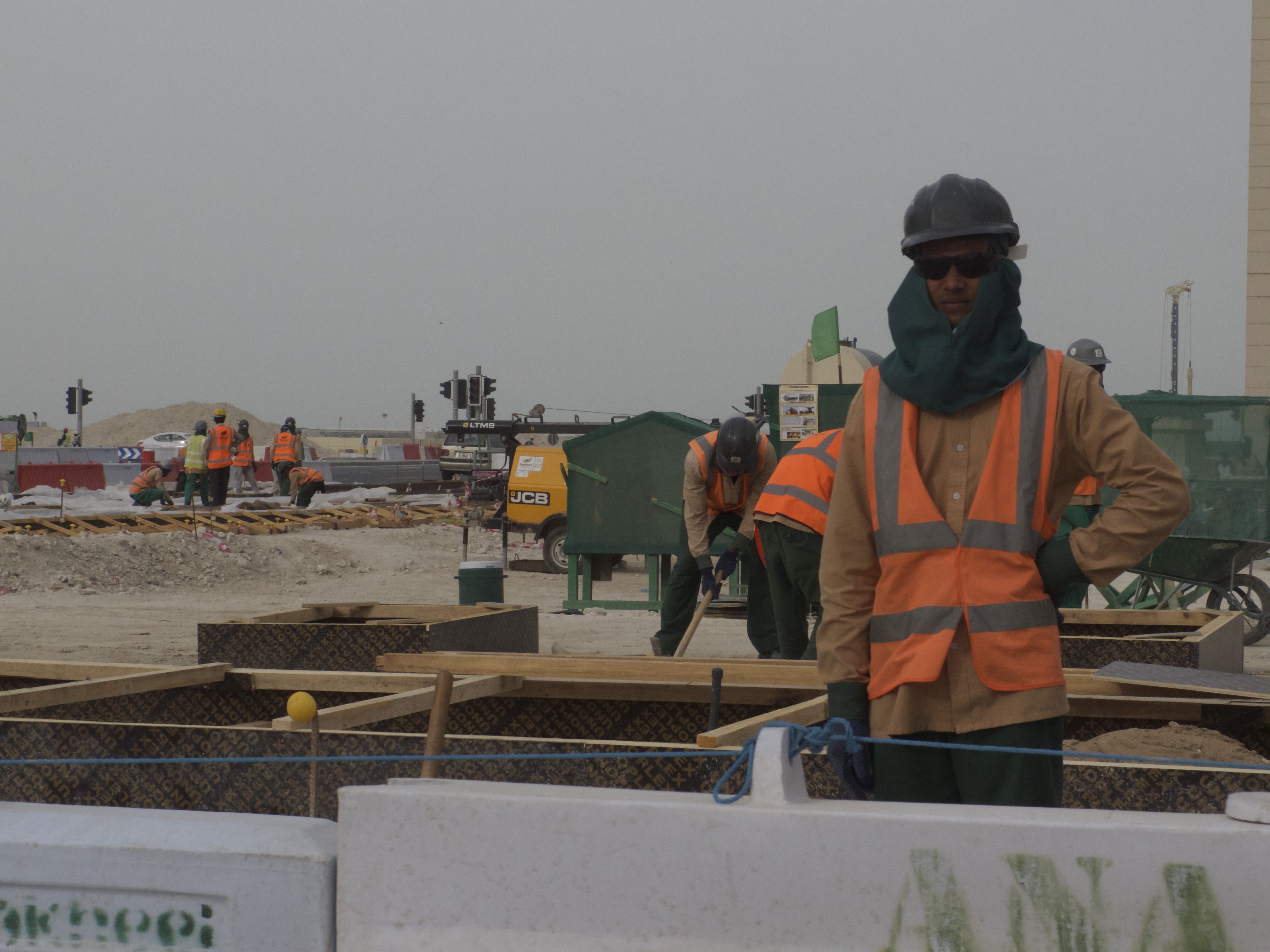
Click to watch the interview with Prof. Steven Greer
All of this raises the question. How are countries such as these allowed to buy football clubs in the first place? The answer is simple, money and lots of it.
Their unmatchable wealth means such takeovers are waved through by the appropriate governing bodies, as was the case with Roman Abramovich’s purchase of Chelsea. The Russian billionaire bought the club in 2003 and invested over a billion pounds during his time in charge.
He was forced to sell Chelsea, following Russia's invasion of Ukraine earlier this year due to his links to the country and said that the £1.5 billion the club owes him would not have to be repaid. This all but confirms the suspicions throughout his ownership that it was never about money and that he bought the club to raise his public profile.
Further demonstrating how influence goes far beyond a football club and that it slices through a country’s politics, legal system, and economy.
All My Chips On Red
How such takeovers force smaller clubs to gamble everything they have

Many football supporters and campaigners are calling for better regulations to stop future takeovers of this nature from occurring again. Anger among fans towards the Premier League stems from fears that such moves are destroying the integrity of the game and putting their beloved local teams at risk.
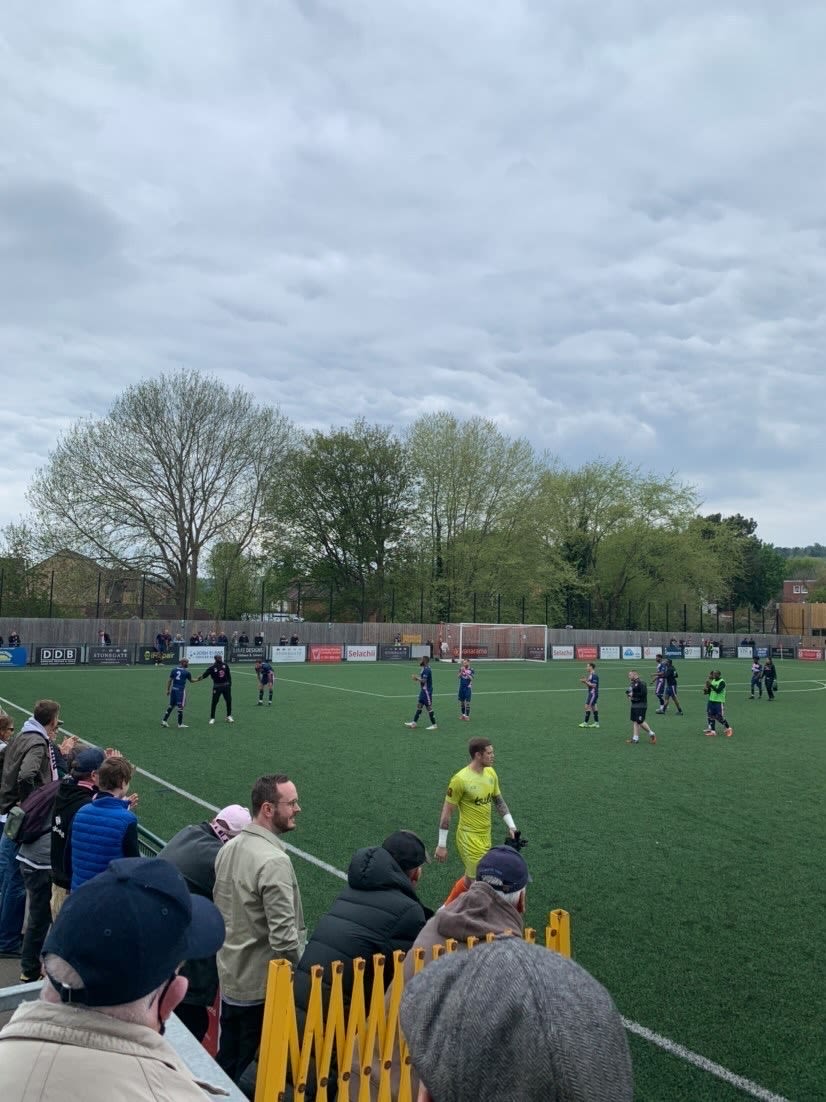
Over 30 lower league clubs signed up to be a part of FairGame who are, "a growing band of clubs committed to the same principles and determined to improve the governance of our national game for the wider interests of football.”
CEO of FairGame Niall Couper, a fan of third division club AFC Wimbledon, shares these fears:
“The system, the structure is the issue. There are clubs that will say this massive investment into a football club is dangerous and to some extent it is. I think the way we’re [FairGame] moving towards is, football needs to be in a place where you’re not necessarily dependent on an owner benefactor.
What I mean by that is the club should spend within its means. Certainly, at the lower level the fear that a lot of the FairGame clubs will get is that your being pushed into a financial game where you have to gamble, you have to spend more than you earn to be able to thrive.”
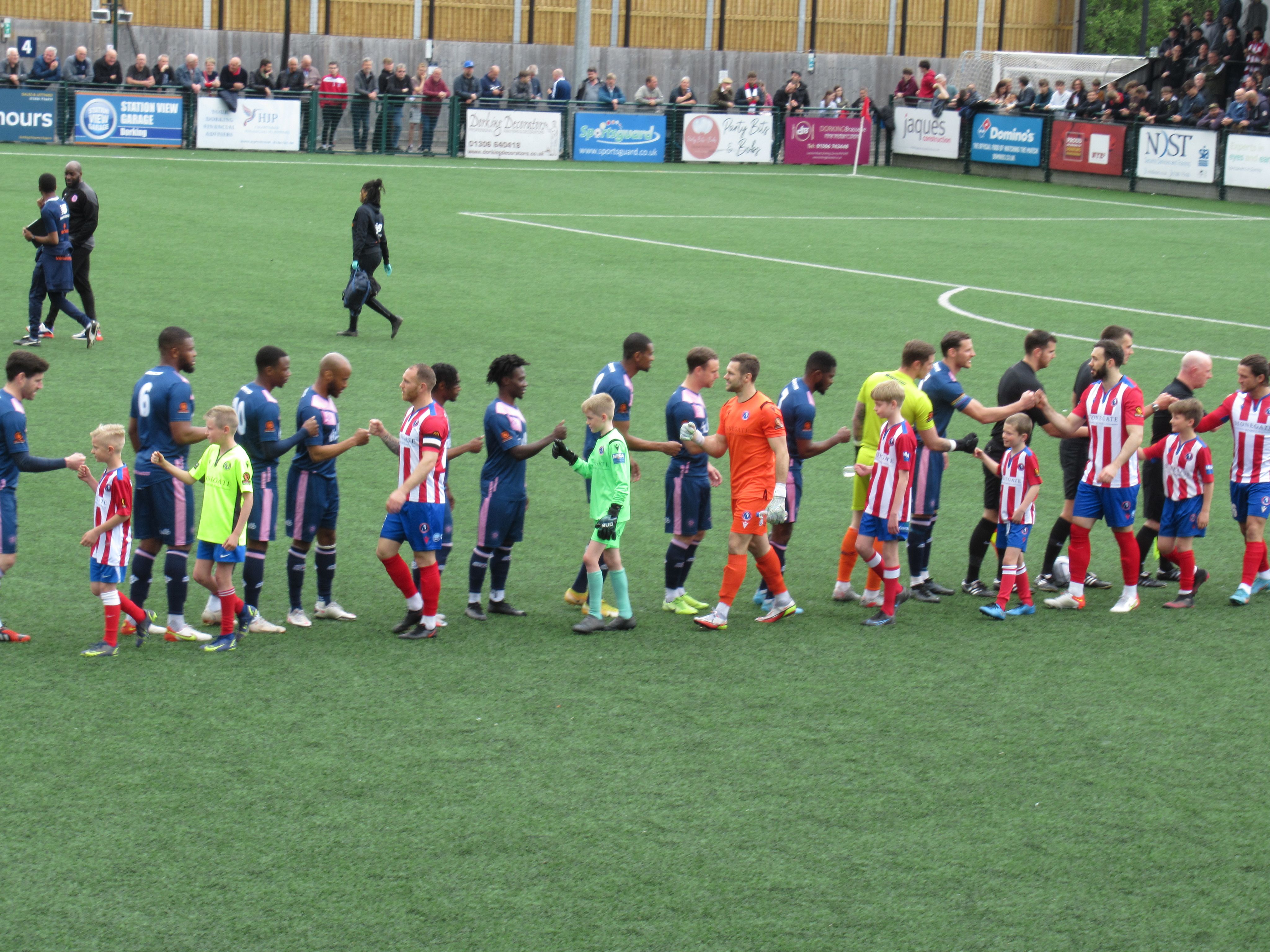
Niall explains in further detail why the reaction to the Newcastle United takeover from the football community was so intense and how such deals threaten the English football pyramid.
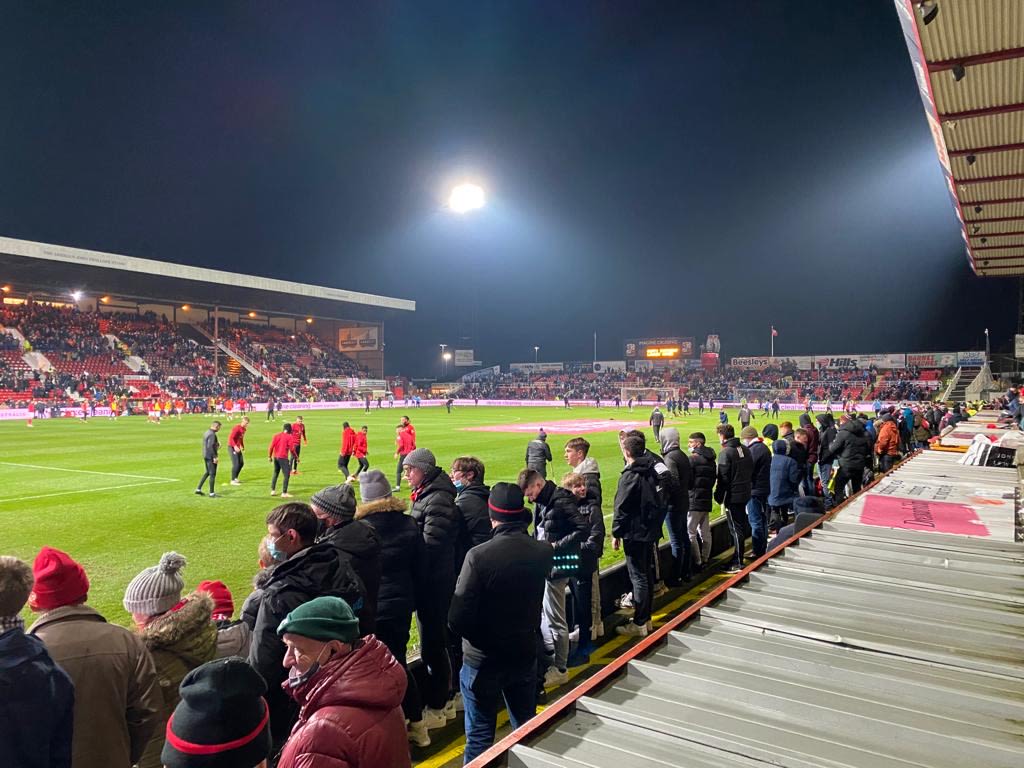
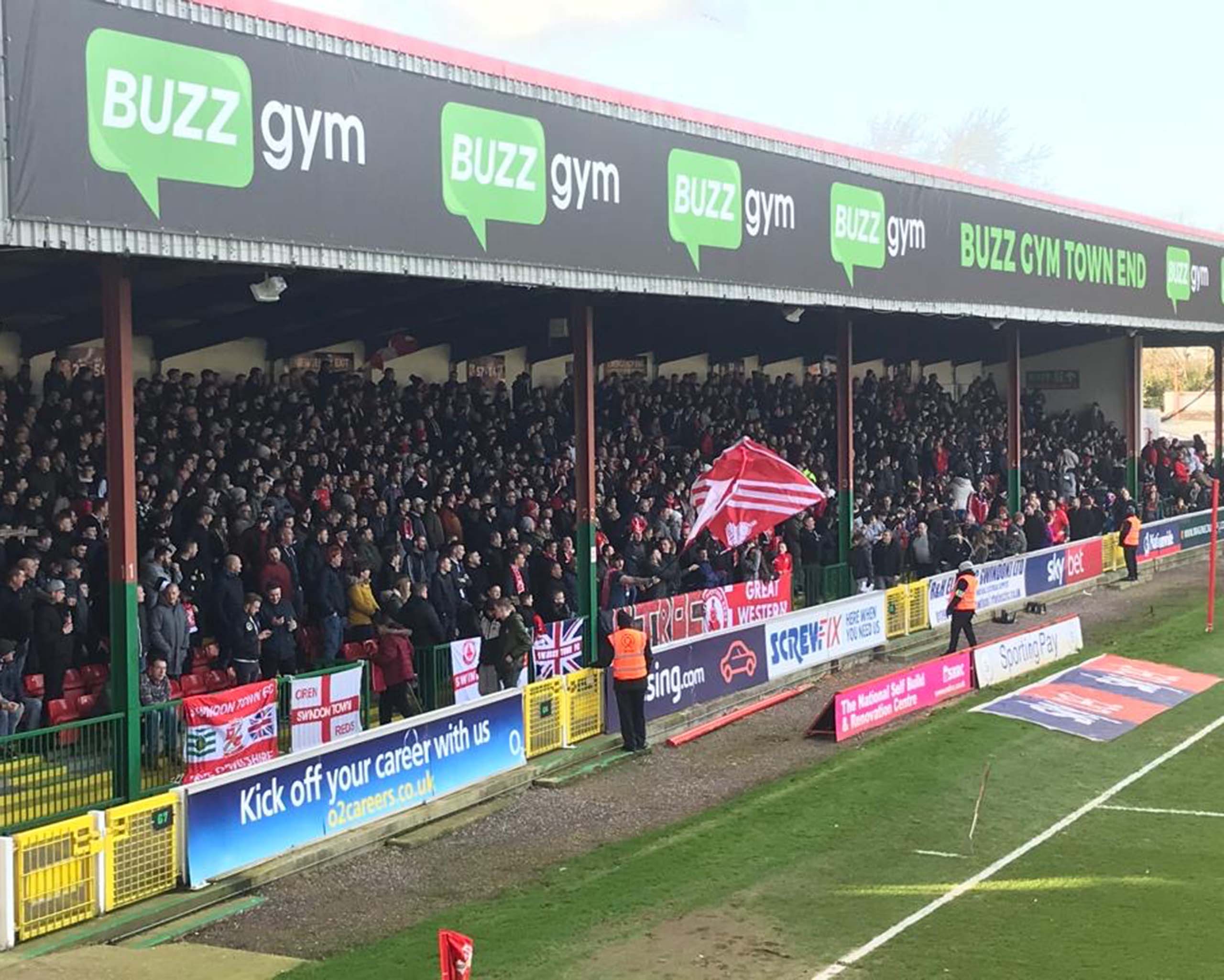
Click to watch the interview with Niall Couper
However, many acknowledge that there isn’t much the Premier League and other such governing bodies could have done when presented with such huge financial firepower.
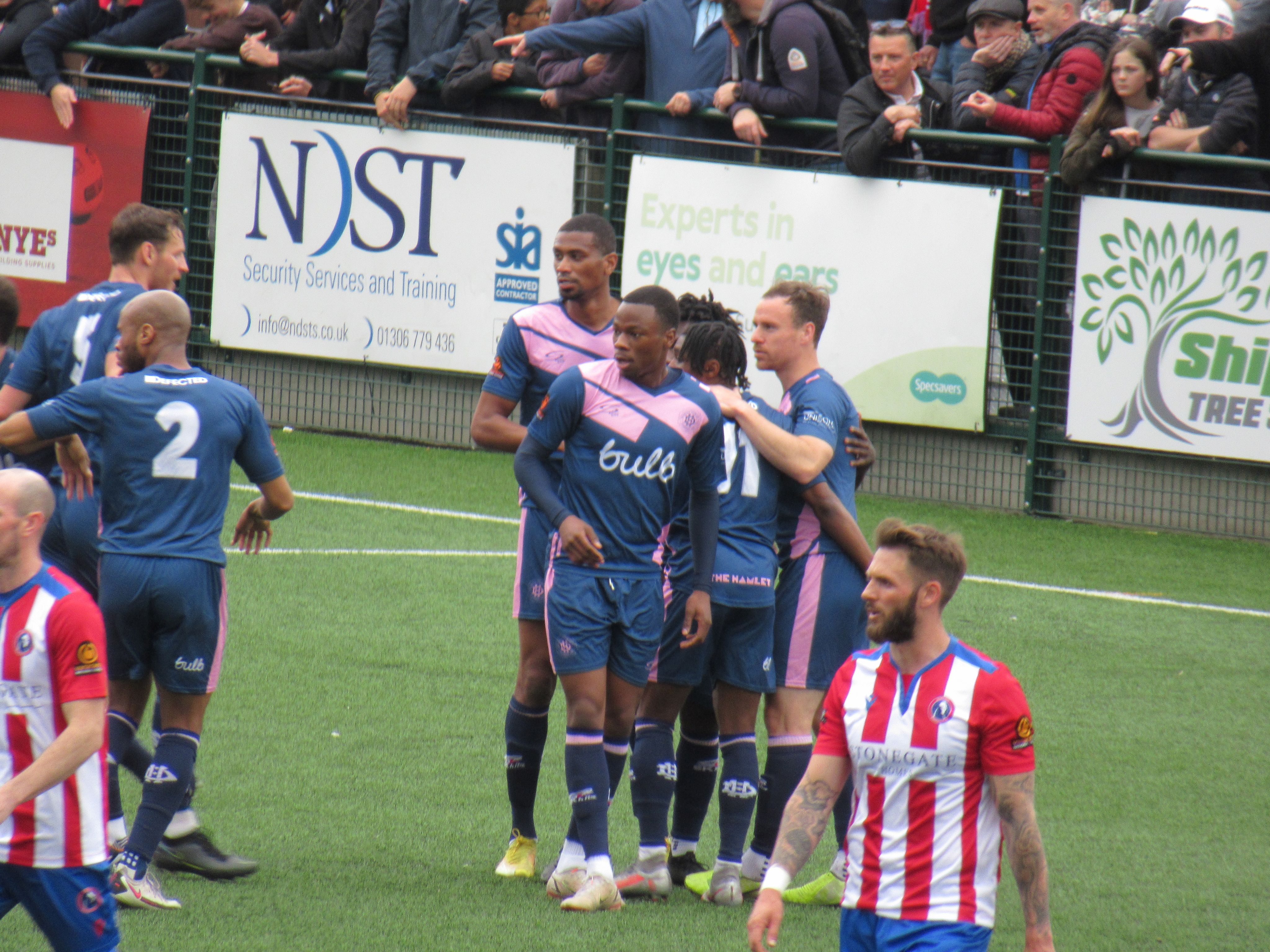
The size of these investments is so great that it’s almost impossible to turn them down. Tom Gorringe was recently appointed as CEO of League Two side Bristol Rovers and is one of those who believes this:
“I think it’s really difficult for the Premier League to do anything other than what they did, because the regulations don’t exist to allow them to do anything else.
There’s been investment in football for a really long time. The only way that they can change how we allow people to enter into our game is to change the regulations, to put certain parameters in place beforehand. We can’t retrospectively put them in place once somebody comes in that we don’t really like.”
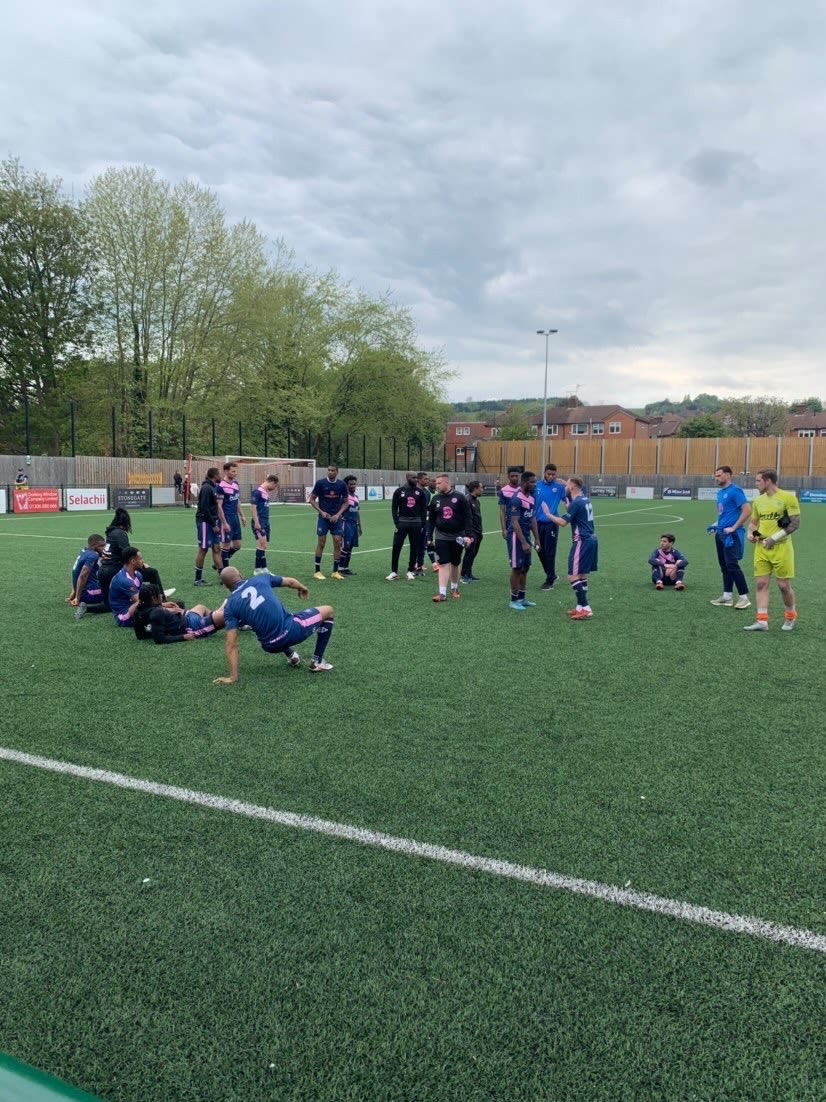
Gorringe believes that if a system is put in place that distributes takeover money throughout the lower leagues and clubs, then takeovers could turn out to be positive for English football.
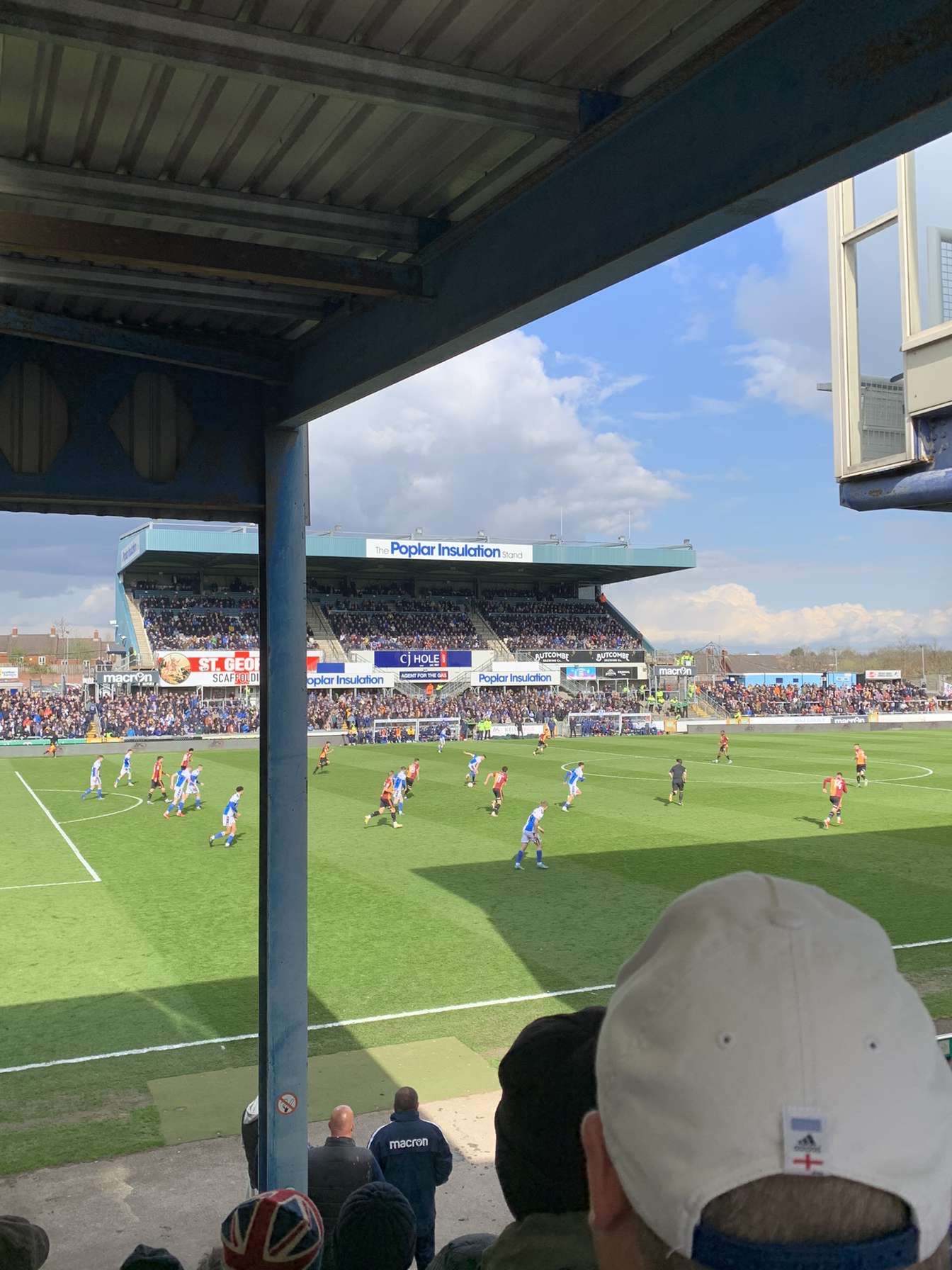
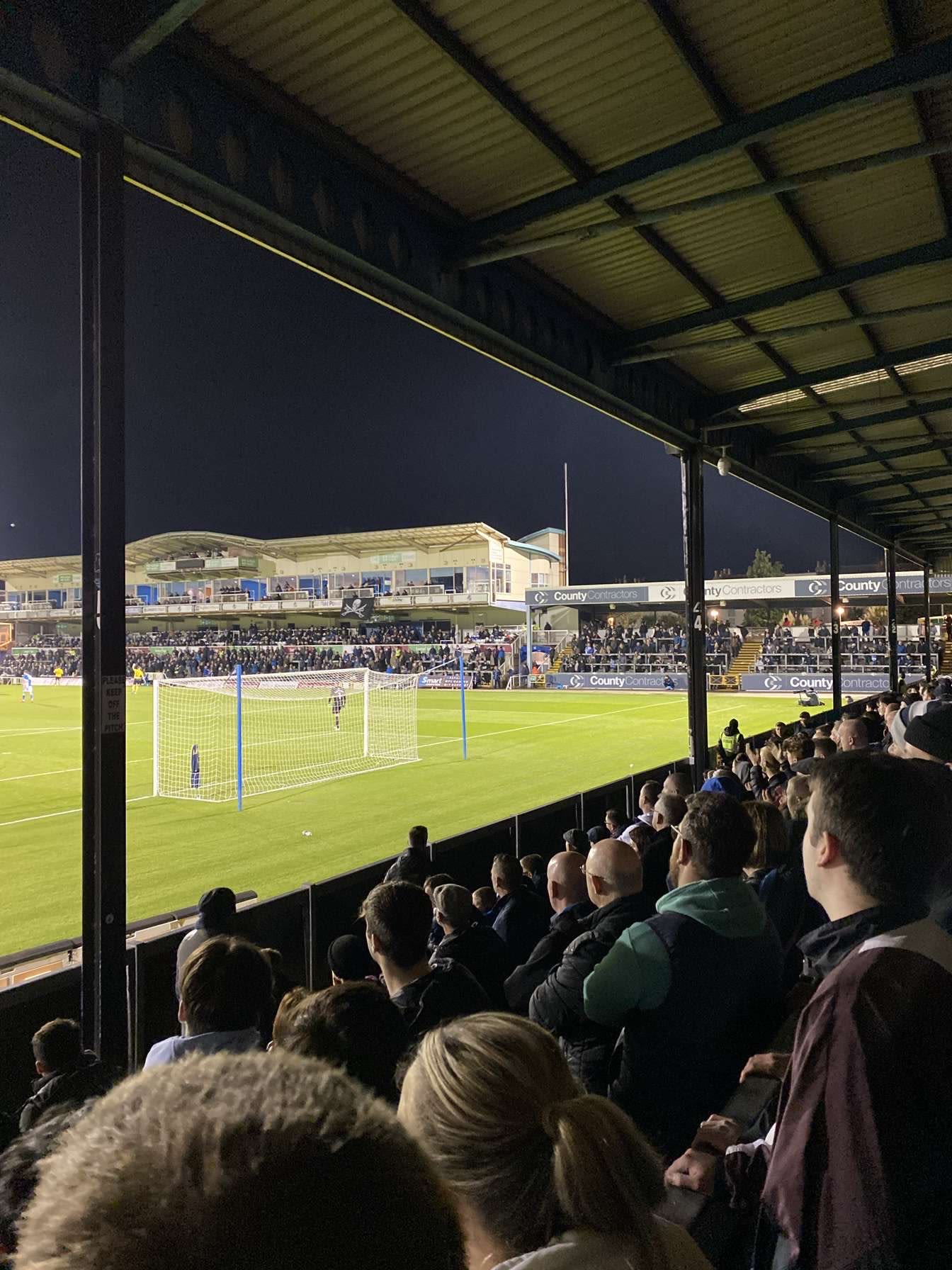
Click to watch interview with Tom Gorringe
Such sharing of the wealth in football remains elusive, and so is the prospect of the ownership of football clubs, by state-linked foreign investors, leading to real pressure for reform in their home countries.
The Newcastle United takeover is just the latest flashpoint in long-standing frictions between the fascination with sport and the concerns about deep-pocketed investors or states trying to use its cache to improve their image.

When Newcastle visited Chelsea in March, it was a match between a team whose Russian owner had just been sanctioned by the UK government and another team whose owner’s country of origin only hours earlier had executed a record 81 men in a single day.
This year’s World Cup is being held in Qatar where thousands of migrant workers are believed to have died, many unreported, while building the stadiums to host an event which was fraudulently given to them in the first place, according to the U.S. Department of Justice in 2020.
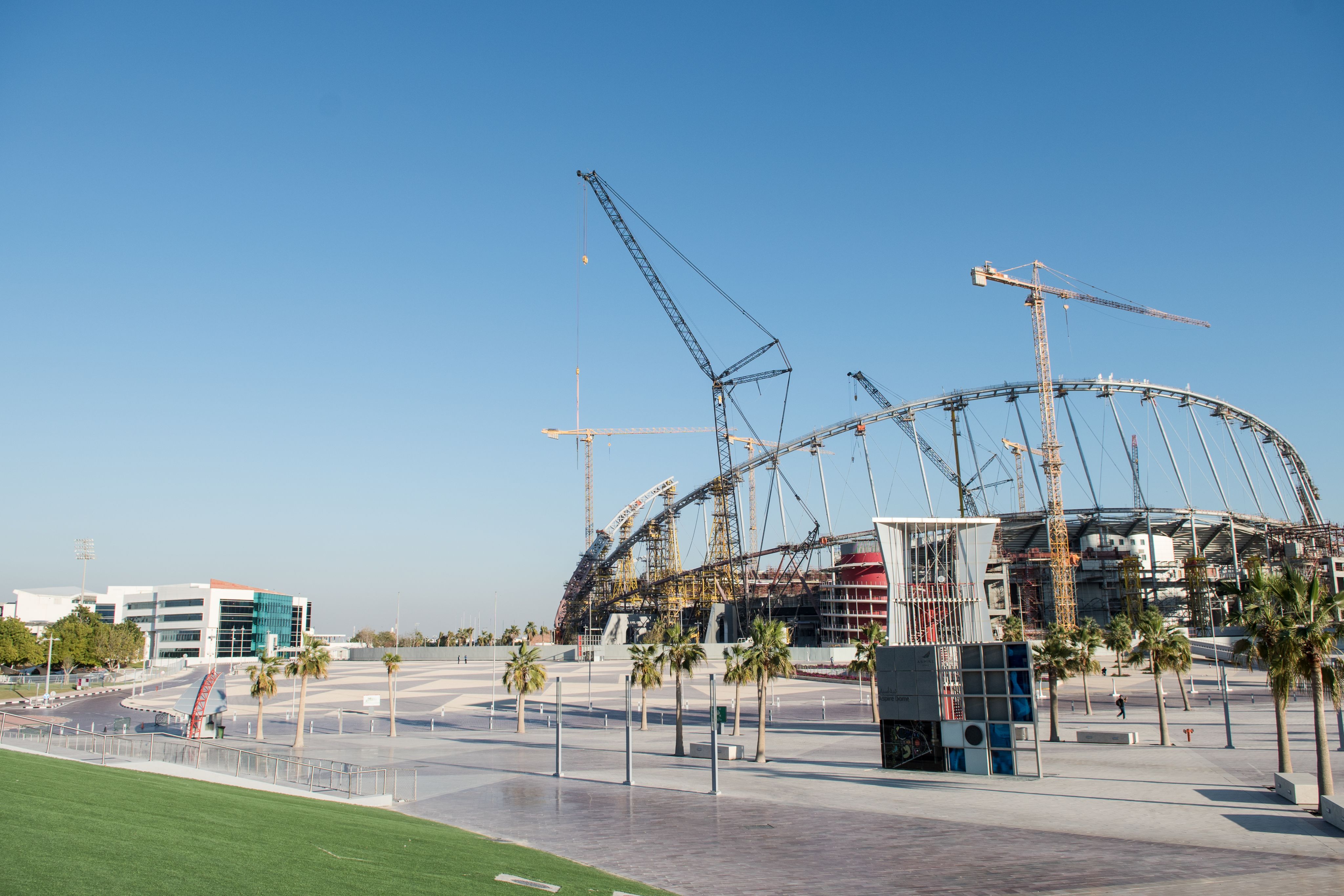
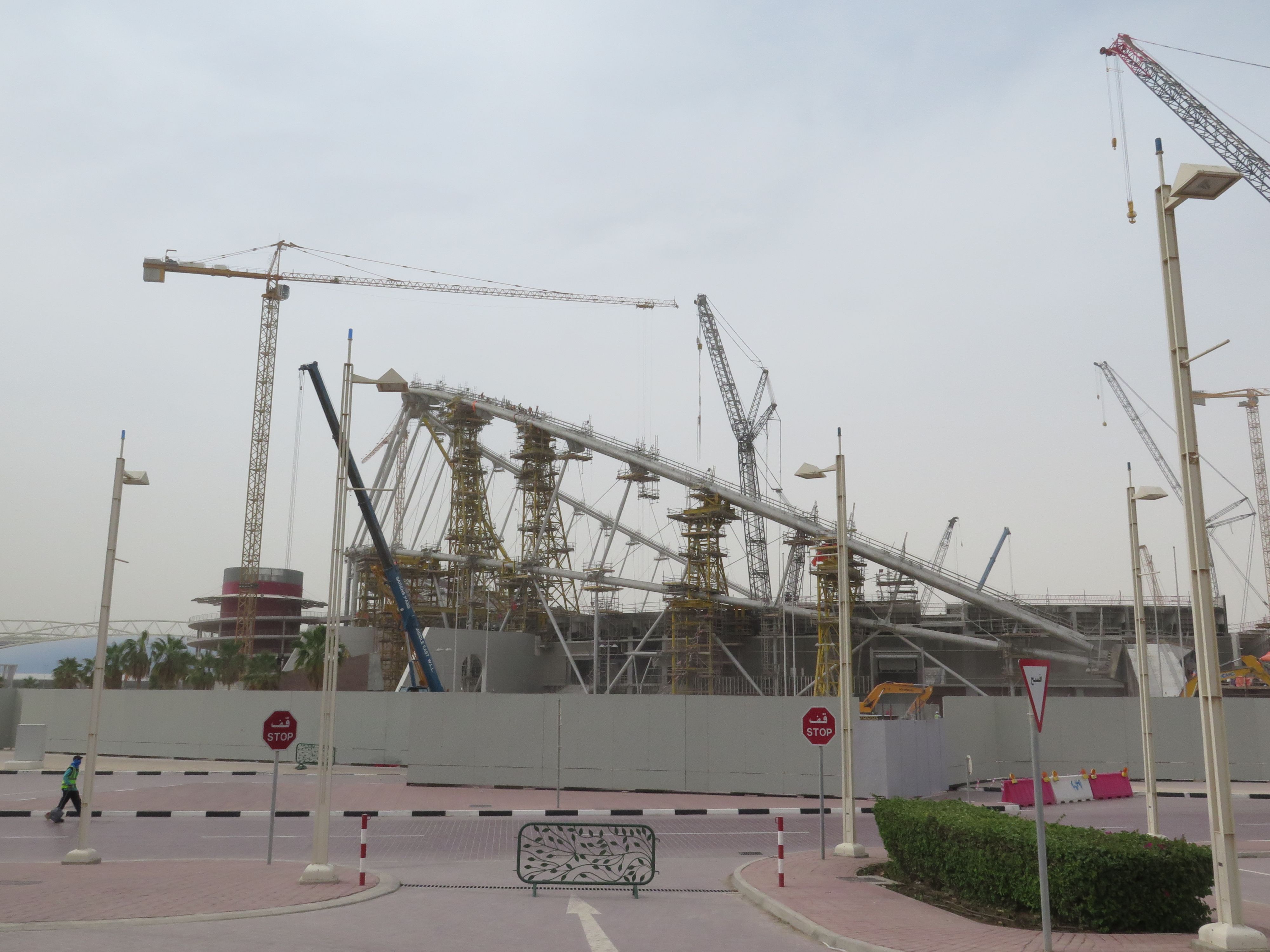
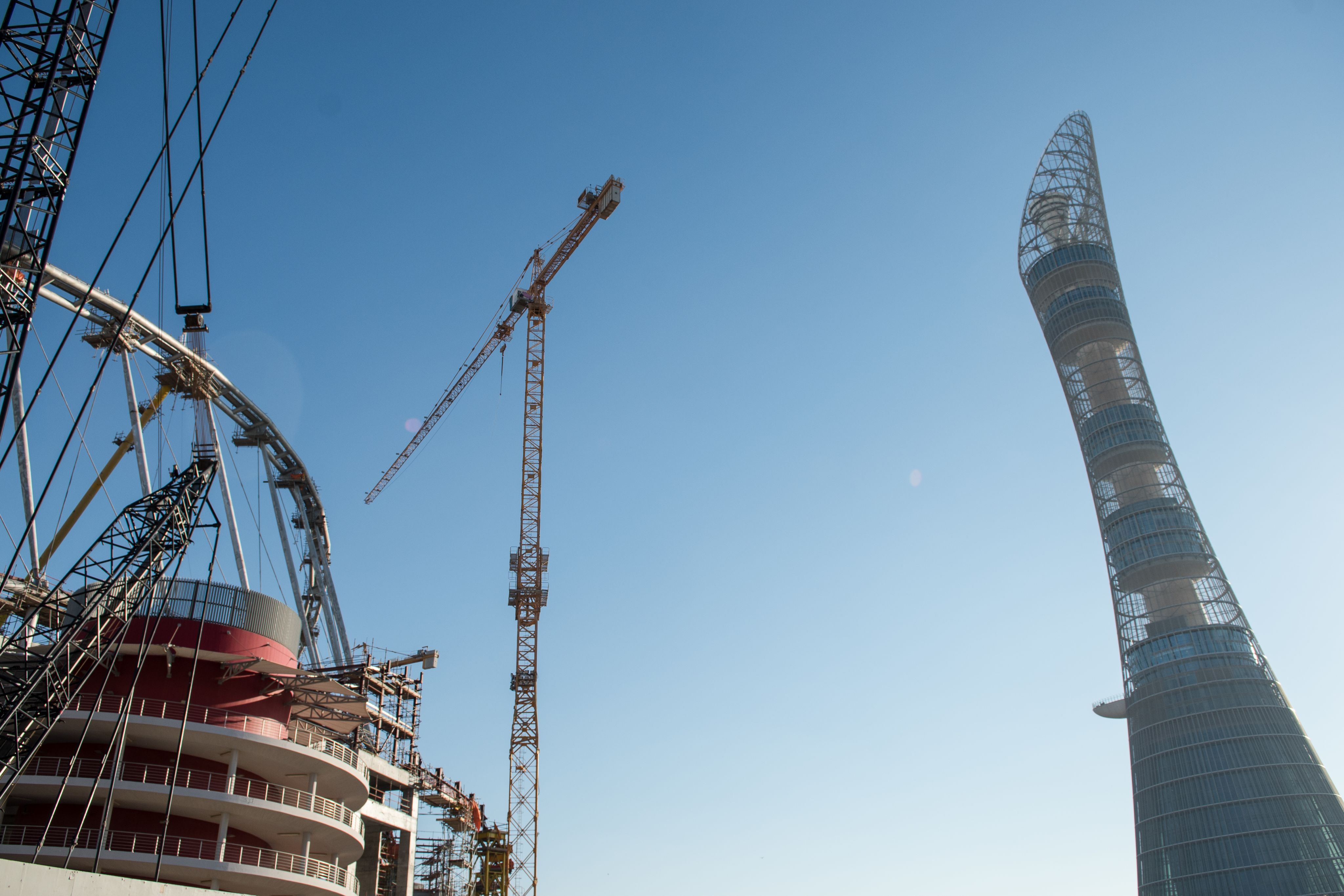

Amnesty International: Qatar 2022 World Cup stadiums being built
Amnesty International: Qatar 2022 World Cup stadiums being built

Amnesty International: Qatar 2022 World Cup stadiums being built
Amnesty International: Qatar 2022 World Cup stadiums being built

Amnesty International: Qatar 2022 World Cup stadiums being built
Amnesty International: Qatar 2022 World Cup stadiums being built
Many observers, including David Goldblatt, reject the idea that claims sport can bring about change in authoritarian countries. He points to the failure of China’s hosting of the Olympic Games in 2008 and of Russia’s Winter Olympics six years later to lead to any political openness: